The program prepares students to join or develop new lines of research in various areas of Health Sciences.
 Master's: 24 months | Doctorate: 48 months
Master's: 24 months | Doctorate: 48 months In-person
In-personHealth Sciences: Academic Master’s and Doctoral Programs
The Health Sciences Program (Academic Master’s/Doctorate) at the Faculty of Medical Sciences of Santa Casa de São Paulo (FCMSCSP) aims to provide excellent training across various Health Science fields. The student will be qualified to teach at undergraduate and postgraduate levels and to integrate or create new lines of research in the diverse areas of Health Sciences.
This stricto sensu postgraduate program is institutional in nature and includes FCMSCSP research professors from basic, clinical, and surgical areas, facilitating research through the interface of experimental and clinical investigation, aiming at the scientific training of health professionals who intend to perform teaching and research functions.
The program offers tuition scholarships through the Office of the Provost (PROSUP-CAPES) according to specific criteria: Click here to learn more.
2025 Selection Process – Academic Master’s / Doctorate
Applications, the selection process, and enrollment will take place on a rolling basis from February 25 to November 3, 2025. Visit this page for more information.
Master’s Program: 24 months | Doctoral Program: 48 months.
In-person
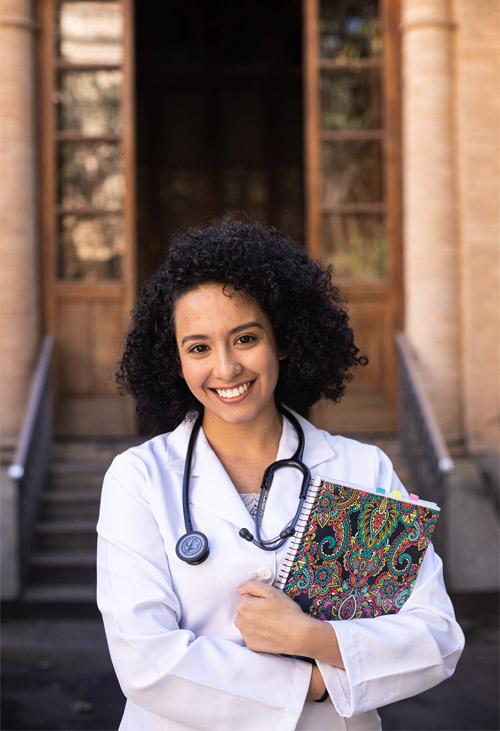
Applications, the selection process, and enrollments will be conducted on a rolling basis from 02/06/2025 to 11/03/2025.
+55 (11) 3367-7858 / 7869 / 7870 / 7750
pos.stricto@fcmsantacasasp.edu.br
The Health Sciences Program, at the Academic Master’s/Doctoral levels, comprises one Area of Concentration and six Lines of Research.
Description:
This research line aims to elucidate the mechanisms underlying neurological diseases and mental disorders through basic, translational, clinical, and surgical studies. Basic science investigations involve experiments with animal models and tissue cultures of human or animal origin, focusing on molecular disease mechanisms and the exploration of new therapeutic targets. Clinical and surgical studies address the epidemiology, prevention, diagnosis, and treatment of disorders affecting the central nervous system.
Faculty involved: Antônio Jose da Rocha/ Ariadiny de Lima Caetano/ Claudia Santos Oliveira/ Guilherme Peres Messas/ Jean Goncalves de Oliveira/ João Luiz Vitorino Araujo / Jose Carlos Esteves Veiga/ Luciana Malavolta Quaglio/ Maria Fernanda Mendes/ Paulo Roberto Lazarini/ Pedro Shiozawa/ Quirino Cordeiro Junior/ Ricardo Riyoiti Uchida/ Roberta Sessa Stilhano Yamaguchi/ Rosane Lowenthal/ Rubens Jose Gagliardi/ Sergio Rosemberg/ Tatiana Pontrelli Mecca.
Description:
This research line addresses the etiology, diagnosis, and treatment of acute and chronic conditions affecting the neuromusculoskeletal system. It includes studies focused on health promotion, diagnostic strategies, and therapeutic interventions. Research projects explore interventional, preventive, epidemiological, and therapeutic aspects of systemic neuro-orthopedic phenomena and their functional outcomes, including movement analysis. The line integrates thematic axes that guide research based on the experience of faculty advisors. Its transdisciplinary approach supports the development of orthopedic content, emphasizing etiology, diagnosis, and treatments from microscopic to macroscopic levels, enabling students to apply interdisciplinary strategies in teaching and research.
Faculty involved: Alberto Naoki Miyazaki / Claudia Santos Oliveira / Claudio Santili/ Diego Galace de Freitas / Nilson Roberto Severino / Patrícia Maria de Moraes Barros Fucs/ Robert Meves.
Description:
This research line focuses on epidemiological and clinical studies, with an emphasis on preventive, pathophysiological, therapeutic, and epidemiological aspects of transmissible and infectious diseases. Clinical studies include the collection of epidemiologically significant data, improved clinical characterization, and proposals for therapeutic interventions. From a molecular standpoint, studies may involve the standardization of molecular testing and the application of established assays for both etiopathogenic investigation and disease diagnosis.
Faculty involved: Adriana Bittencourt Campaner / Antonio Pedro Flores Auge / Eitan Naaman Berezin / Elisete Isabel Crocco / John Verrinder Veasey / Jose Cassio de Moraes / Leonardo Lima Fuscaldi / Marcelo Jenne Mimica / Marco Aurelio Palazzi Safadi / Mauro Jose Costa Salles.
Description:
This research line includes preclinical, translational, and clinical studies with an emphasis on the pathophysiological, pharmacological, therapeutic, and epidemiological aspects of systemic diseases. Preclinical studies employ in vivo, ex vivo, and in vitro protocols, potentially involving experimental animals and human or non-human cells, to explore functional, cellular, and molecular mechanisms in biological processes. Clinical research involves data collection of epidemiological relevance, clinical characterization, and therapeutic intervention proposals. From a molecular perspective, studies may focus on standardizing molecular assays or applying established tests for etiopathogenic investigation and diagnosis. Findings from basic research support translational studies that bridge preclinical and clinical research, aiming at the practical application of knowledge in medical settings.
Faculty involved: Adriano Namo Cury / Carlos Alberto Longui / Carlos Alberto Malheiros / Carlos Sergio Chiattone / Cristiane Kochi / Eduardo Ramacciotti / Guilherme Sciascia do Olival / Joao Eduardo Nunes Salles / Jose Eduardo Lutaif Dolci / Luis Gustavo Morato de Toledo / Luis Vicente Franco de Oliveira /Luiz Antonio Rivetti/ Maria Thereza Gamberini / Paulo Augusto Ayroza Galvao Ribeiro /Renato Jorge Alves / Roberto Alexandre Franken / Roberto Saad Junior / Roberto Stirbulov / Rodolfo Delfini Cancado / Rodrigo Ruano/ Sergio Roll / Sonia Maria Rolim Rosa Lima /Taina Mosca/ Vania Tietsche de Moraes Hungria / Vera Lucia dos Santos Alves / Wilma Carvalho Neves Forte/Wilson Rodrigues de Freitas Junior.
Description:
This research line aims to perform the molecular characterization of tumors throughout their progression, identifying expression profiles typical of benign, premalignant, and malignant lesions in order to discover diagnostic and prognostic biomarkers, as well as potential therapeutic targets. It also seeks to characterize the epidemiological profile of the local patient population.
Faculty involved: Antônio José Gonçalves / Carlos Sergio Chiattone / Carmen Lucia Penteado Lancellotti / Gustavo Cardoso Guimaraes / Jose Carlos Esteves Veiga/ Leonardo Lima Fuscaldi / Luciana Malavolta Quaglio / Luiz Arnaldo Szutan / Marcelo Benedito Menezes/ Wagner Ricardo Montor.
Description:
This research line aims to identify signs of physical, psychological, and emotional burnout among healthcare students and professionals and to propose humanization strategies to prevent or mitigate such exhaustion. These individuals often face demanding schedules and high-intensity work that require constant attention. Even when technically skilled, a decline in their quality of life can adversely affect the quality of care provided to users of the public healthcare system.
Faculty involved: Carmen Lucia Penteado Lancellotti/ Lívia Keismanas de Ávila/ Luis Vicente Franco De Oliveira.
Level: Academic Master’s / Doctorate
Credits: 2
Course Load: 24 hours
Syllabus: Scientific initiation for undergraduate students in research activities is developed through participation in the academic environment, where the student is involved in research projects led by graduate advisors and students.
Objectives: The course aims to promote greater integration between undergraduate and graduate education; contribute to the development of human resources for research; potentially reduce the average time to degree completion for Master’s and Doctoral students; and encourage productive graduate researchers to involve undergraduate students in scientific and technological activities.
Student assessment will be based on a report analyzing the methodological approach of five (5) papers presented at the Scientific Initiation Forum.
Level: Academic Master’s / Doctorate
Credits: 3
Course Load: 36 hours
Syllabus: The course on Scientific Article Analysis will consist of student presentations of articles, with selected articles employing different scientific methodologies. It is important for graduate students to understand how to apply different methodologies.
Level: Academic Master’s / Doctorate
Credits: 3
Course Load: 36 hours
Syllabus: This course provides a structured overview of the phases involved in developing research projects and research lines, as well as the planning involved in each stage. It also offers an understanding of commonly used concepts and tools, with a practical approach to different study designs and models, highlighting their advantages and disadvantages.
Level: Academic Master’s / Doctorate
Credits: 6
Course Load: 72 hours
Syllabus: To study of ethical issues in current medicine, with an analysis of deontological questions relevant to the field and the discussion of real cases occurring in various medical specialties, as experienced by graduate students.
Course Content:
01 – Introduction to the study of ethics: ethics in undergraduate and graduate courses. Foundations of professional ethics.
02 – Ethics vs. Morality. Cultural and voluntary ethics; ethical dilemmas, ethical conduct.
03 – Bioethics: concept, history, principles.
04 – Patient rights: right to truth, to choose, to refuse. Clinical and behavioral manipulation. Professional secrecy.
05 – Professional responsibility.
06 – Ethics at the end of life: terminal patients and euthanasia.
07 – Ethics in animal research.
08 – Regulation of ethics in human research: international and national standards.
09 – Ethical aspects of human research in Resolution 196/96.
10 – The CEP-CONEP social control system; the roles of CEP and CONEP and the operationalization of the system (Resolution 196/96)."
11 – The research protocol: ethical aspects and Resolution 196/96.
12 – The informed consent form and the risks and benefits of research: ethical aspects and Resolution 196/96.
13 – Special thematic areas in human research (Resolution 196/96 and related regulations).
Level: Academic Master’s / Doctorate
Credits: 3
Course Load: 36 hours
Syllabus: This course aims to provide graduate students with the basic foundations of scientific article writing. It presents in a structured manner the phases involved in the development of original scientific articles and systematic reviews, including the planning involved in the phases of introduction, objectives, materials and methods, results, discussion, and conclusion. The course also introduces the fundamentals of systematic reviews and meta-analysis, where definitions and purposes of each of these analytical methods will be presented, as well as their differences and complementarities with narrative reviews.
Course Content:
1 - How to Structure the Introduction (Literature Review)
2 - Study Objective
3 - Materials and Methods
4 - Presentation of Results
5 - Discussion
6 - Title and Journal Selection
7 - Development of a Systematic Review and Meta-analysis
8 - Practical Examples of Original Articles
Level: Academic Master’s / Doctorate
Credits: 1
Course Load: 12 hours
Syllabus: The course on Ethics in Animal Research aims to present the legislative aspects related to the use of experimental animals. Additionally, the course discusses management issues involved in an animal research facility, ranging from procedures related to colony maintenance to best practices for handling animals during experiments. Finally, the course addresses the key points to be considered when submitting research projects to the Animal Research Ethics Committee. Assessment is based on the student's performance in presenting a research project, focusing on ethical principles in research rather than technical-scientific issues.
Level: Academic Master’s / Doctorate
Credits: 5
Course Load: 60 hours
Syllabus: This course critically discusses research projects proposed in various fields of knowledge, promoting the active participation of graduate students.
Course Content: Students present their research projects in the final stages, focusing on the objectives, methodology, and results, which are then analyzed by a panel of graduate faculty members.
Objective: To develop the student's critical ability in analyzing a scientific work.
Assessment: At the end of the course, the student will submit a report containing a critical analysis of one of the projects presented during the course.
Level: Academic Master’s / Doctorate
Credits: 3
Course Load: 36 hours
Syllabus: This course aims to provide students with the basic foundations of scientific methodology. It presents the phases of project development and research lines in a structured manner, along with the planning involved in the various stages. Additionally, it offers an understanding of the concepts and tools commonly employed, using practical discussions about study models to highlight their advantages and disadvantages.
CAPES Information
CAPES Code: 33019010010P1
CAPES Evaluation Area: MEDICINE I
CAPES Rating: Academic Master’s Program – Rating 4 / Doctoral Program – Rating 4
Course recognized according to MEC Ordinance No. 609, dated March 14, 2019 – DOU of March 18, 2019.
This work was carried out with the support of the Brazilian Federal Agency for Support and Evaluation of Graduate Education (CAPES) – Funding Code 001.
Applications, the selection process, and enrollment will take place on a rolling basis from February 6 to November 3, 2025.
Applications must be submitted exclusively through the following website:
Applications will be considered officially registered only after the payment of the application fee and submission of all required documents, as described in item 5.
* The first tuition installment is due at the time of enrollment, and the subsequent payments are due on the 25th of each month after the course begins.
In addition to the online application, the following documents must be uploaded:
FCMSCSP reserves the right to disqualify candidates who fail to submit all required documents.
The selection process will be conducted through:
Selected candidates will be notified by email and must complete their enrollment online, according to the instructions that will be provided.
In case of any questions, please contact the Postgraduate Program Office:
Phone: (11) 3367-7858 / 7869 / 7870
Email: pos.stricto@fcmsantacasasp.edu.br
To apply for the Academic Master’s Program in Surgical Research, the following documents must be prepared. These documents will be requested upon the official call for applications and must be submitted electronically:
Special Students
Students enrolled in other accredited postgraduate programs or faculty members from other higher education institutions may be accepted as special students to take individual courses.
Special students are subject to the same performance standards required of regular students, and their admission depends on course availability. However, they are not eligible for degree conferment.
Upon successful completion of the course(s), the special student will receive a statement issued by the Postgraduate Office indicating the course title, a brief syllabus, the total course load (in hours), and the number of credits earned.
Special students must pay the corresponding course fees, and are not eligible for scholarships or tuition waivers, except when the student is a faculty member of the same institution.
The exceptional admission of undergraduate students into specific graduate program courses is subject to the availability of slots and to written approval from the course instructor, which must be communicated in writing to the Postgraduate Office.
Students currently enrolled in lato sensu graduate programs may be recommended by a faculty member of the program to attend stricto sensu postgraduate courses. Credits earned may be validated if the student is later formally admitted as a regular stricto sensu postgraduate student.
Download the form, complete it in its entirety, and submit it to the Postgraduate Office, either in person or by email (pos.stricto@fcmsantacasasp.edu.br).
Requests
Financial Reimbursement for Scientific Article – Note: Before filling out the form, click on the link for the respective program and download the spreadsheet to check the journal: Health Sciences / Surgical Research / Collective Health (Professional or Academic) / Human Communication Health
Acceptance Letter from the Advisor (Master’s/Doctorate)
Acceptance Letter for Supervision (Postdoctoral)
General Qualification Examination
Declaration of Diploma Issuance Option
Authorization Term for the Dissemination of Dissertation (Master’s) and Thesis (Doctorate)
To access the guidelines, templates, and instructions to facilitate the development of theses and dissertations, click on the links below:
Guidelines for the Presentation of Dissertations and Theses
Monographic or Preferred Thesis Format (Guidelines)
Master’s Dissertation Cover and Title Page Template
Doctoral Thesis Cover and Title Page Template
Areas of Concentration for Stricto Sensu Programs (Guidelines)
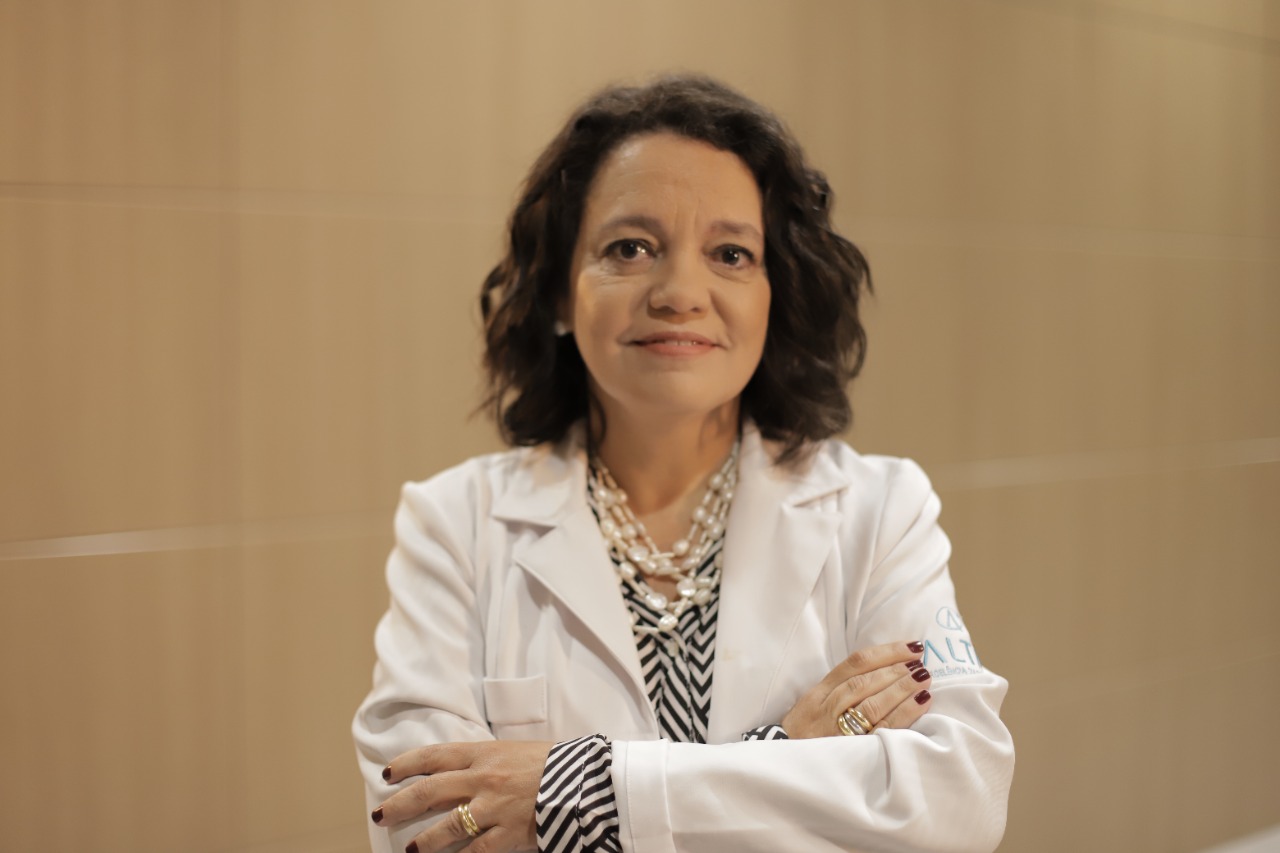
PhD in Medicine (Obstetrics and Gynecology) from the FCMSC-SP
Acess Lattes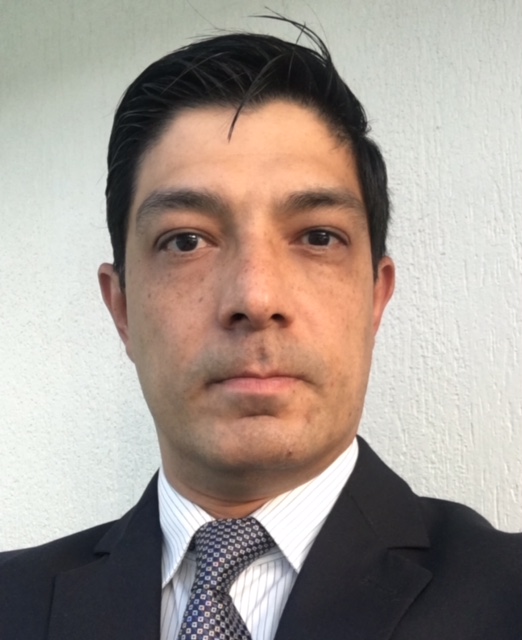
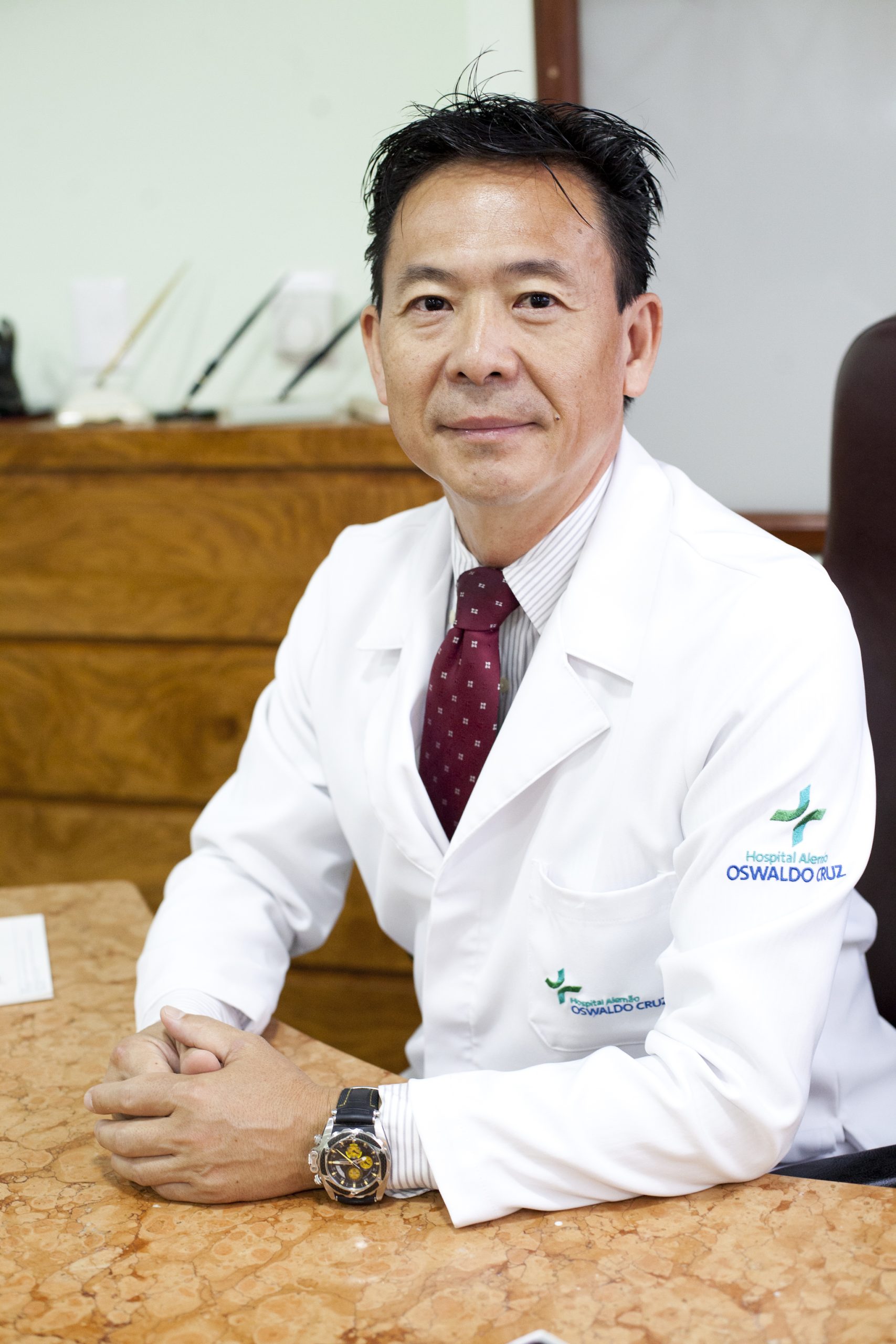
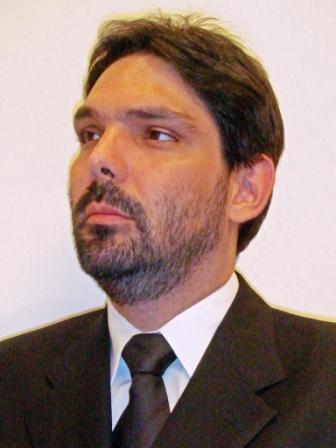
PhD in Medicine (Clinical Radiology) from the Federal University of São Paulo (UNIFESP).
Acess Lattes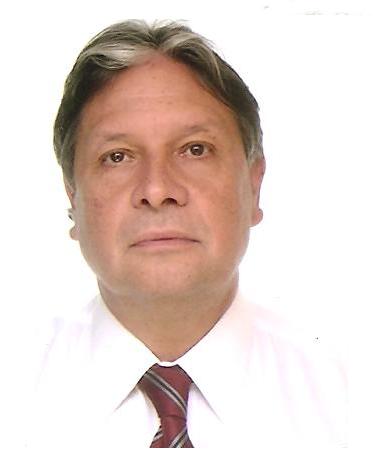
PhD in Medicine (Obstetrics and Gynecology) from the FCMSC-SP
Acess Lattes
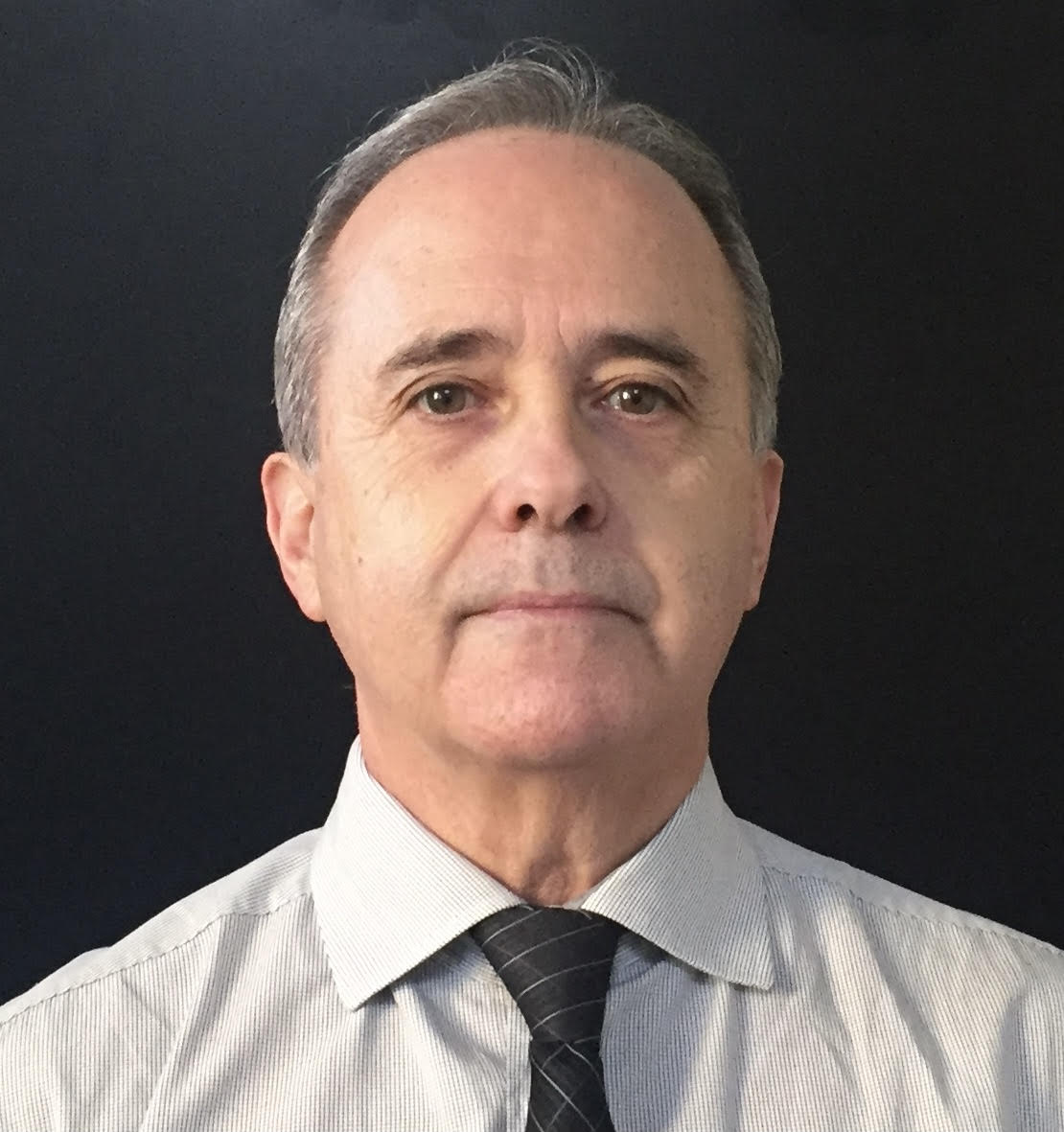
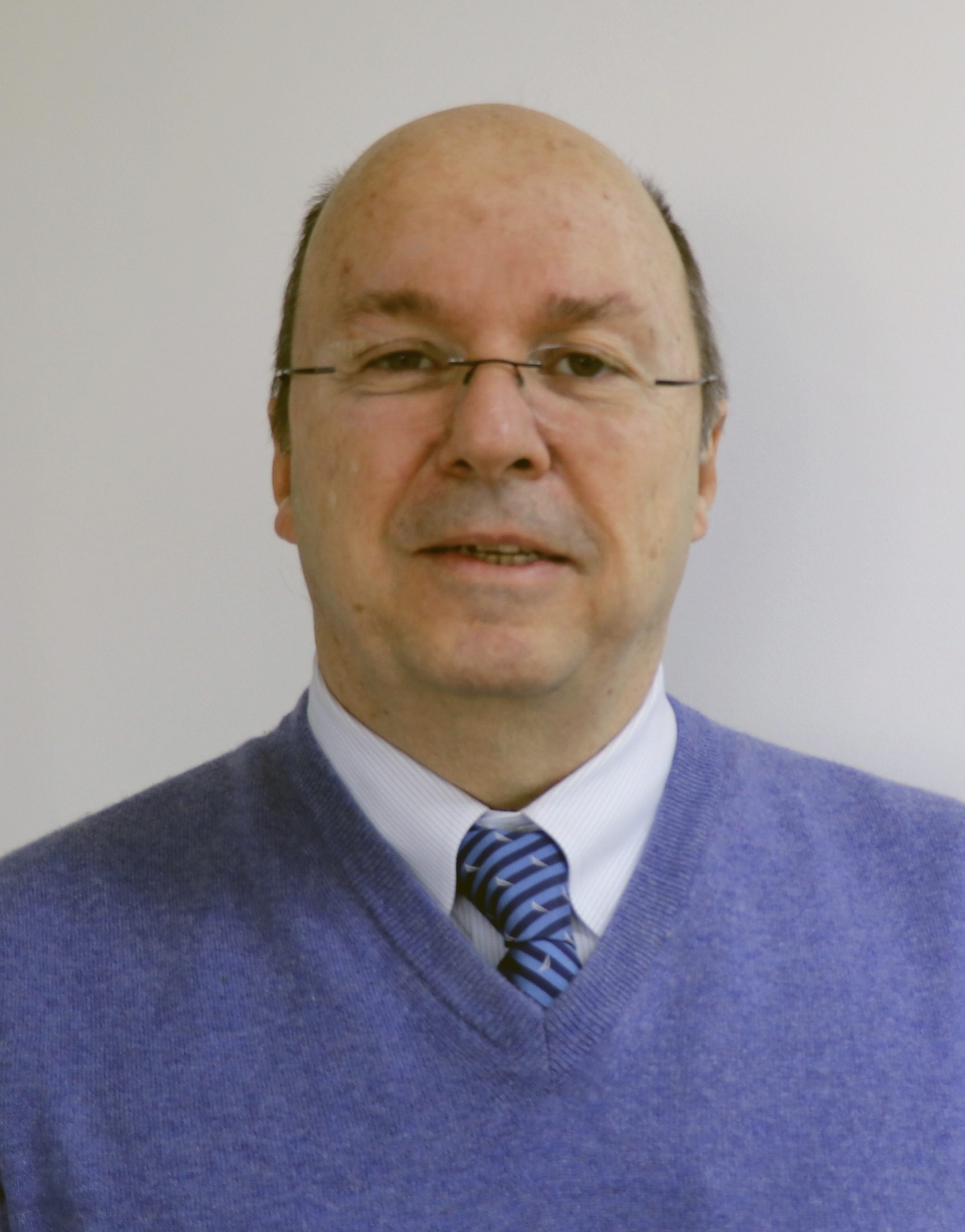
PhD in Medicine (Medical Sciences) from the University of São Paulo (USP).
Acess Lattes
PhD in Health Sciences from the University of Brasília (UnB), with a research internship at Fondazione Salvatore Maugeri (Italy).
Acess Lattes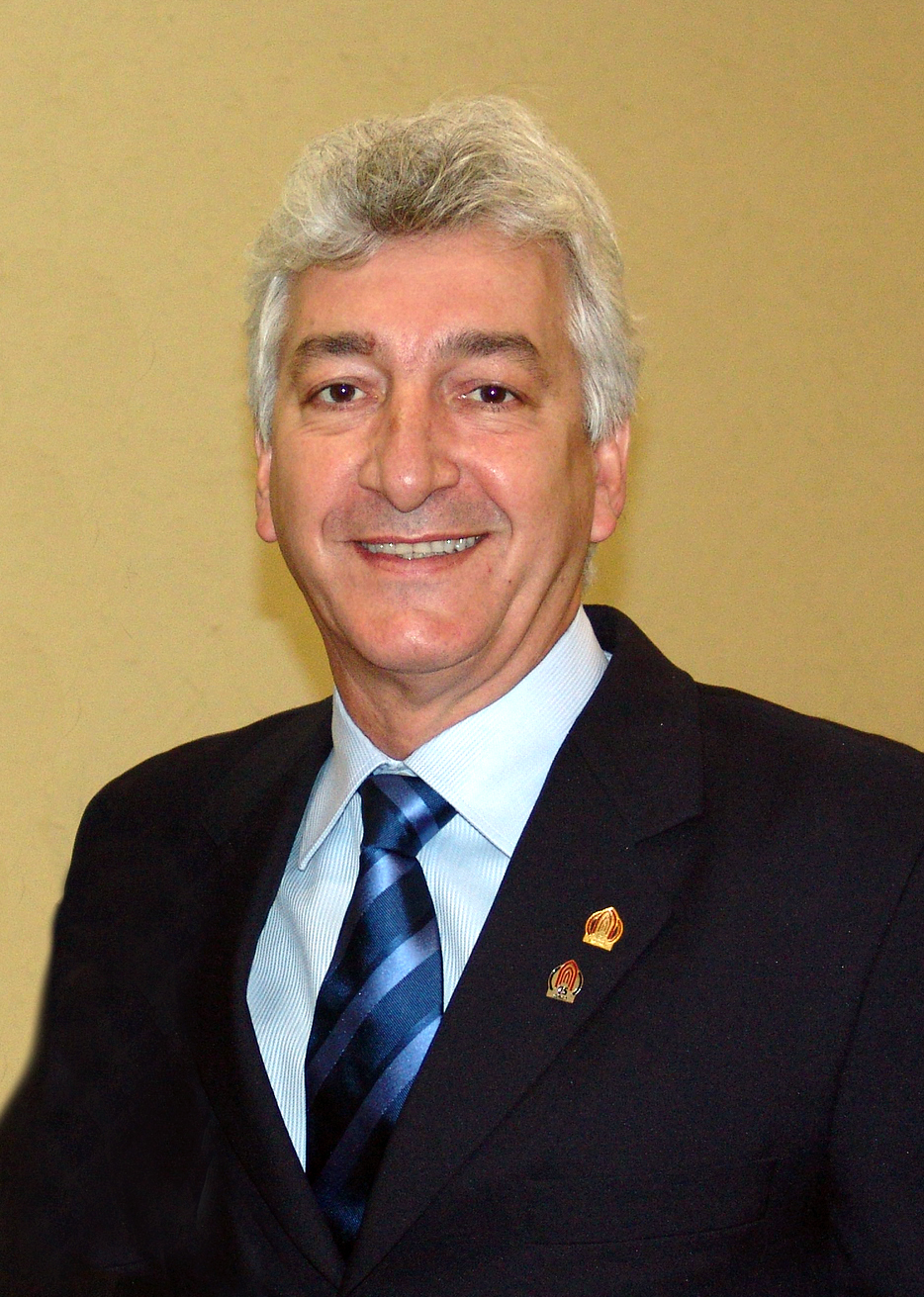
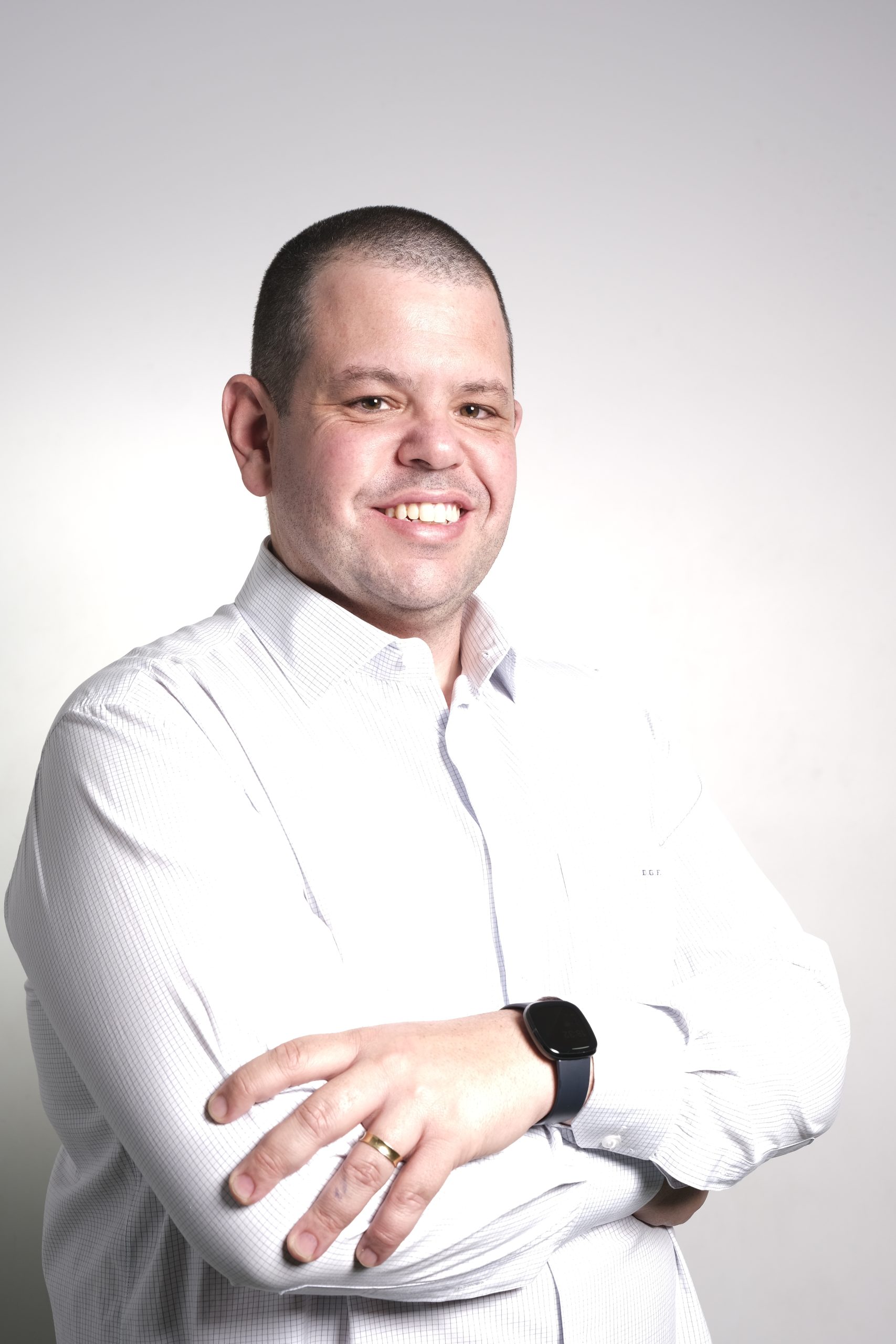
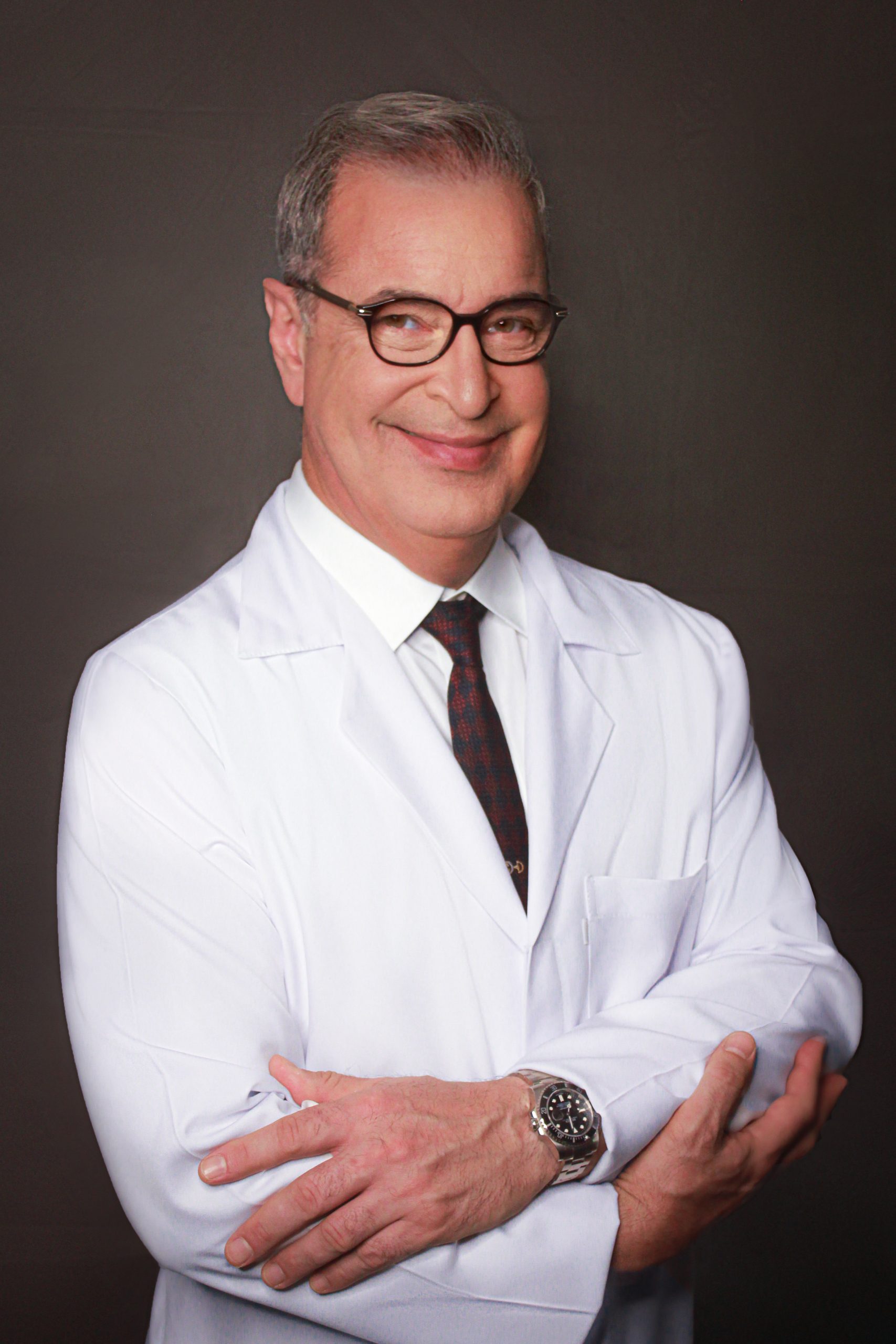
PhD in Vascular Surgery from the School of Medicine, University of São Paulo (FMUSP).
Acess Lattes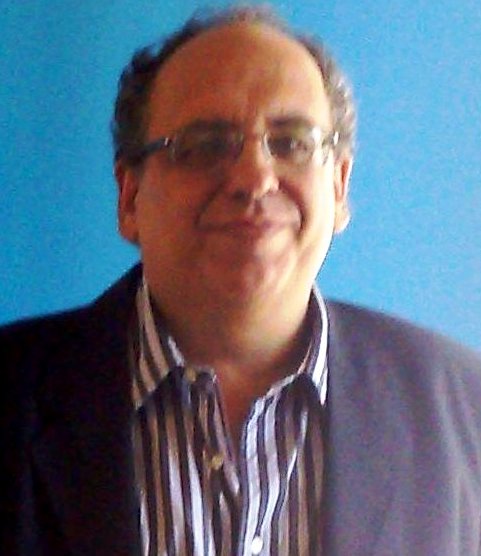
PhD in Pediatrics and Applied Pediatric Sciences from the Federal University of São Paulo (UNIFESP).
Acess Lattes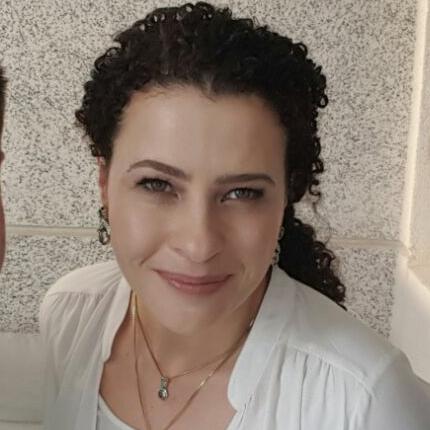
PhD in Medicine from the School of Medicine, University of São Paulo (FMUSP).
Acess Lattes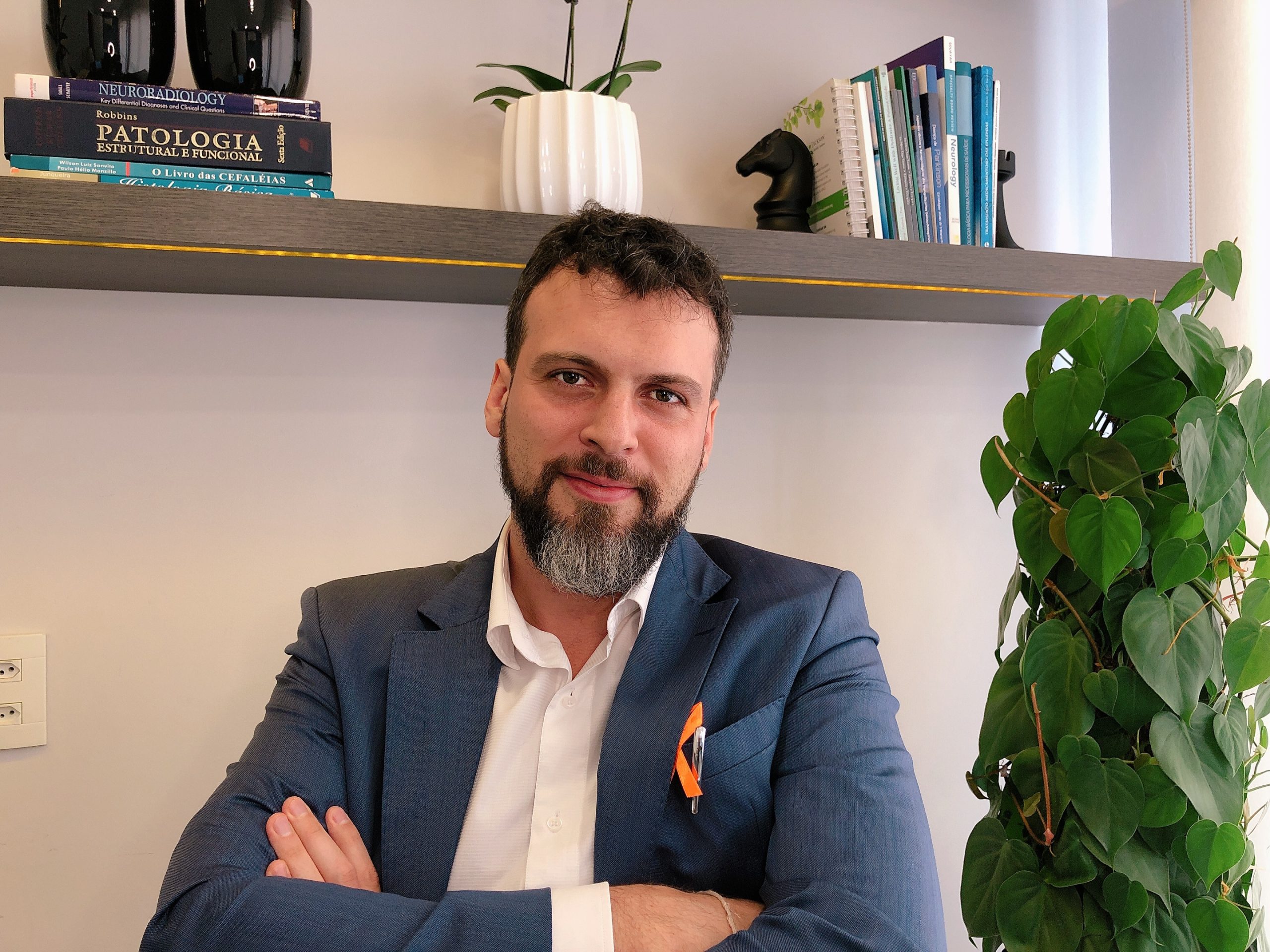
PhD in Tropical Medicine from the University of São Paulo (USP).
Acess Lattes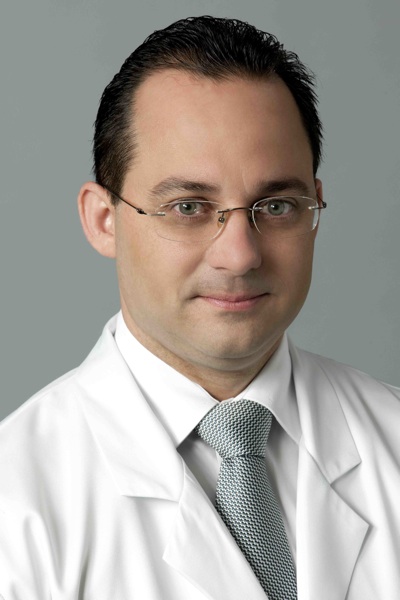
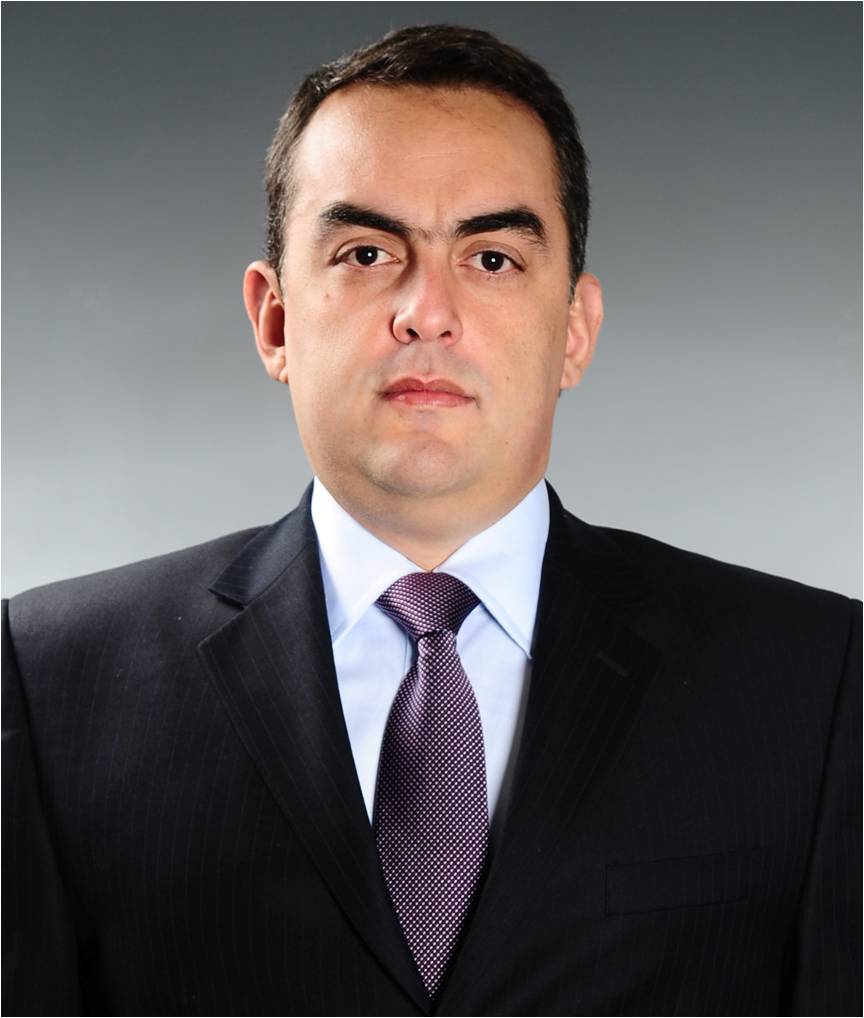
PhD in Medicine (Neurology) from the University of São Paulo (USP).
Acess LattesPhD in Medicine (Clinical Endocrinology) from the Federal University of São Paulo (UNIFESP).
Acess Lattes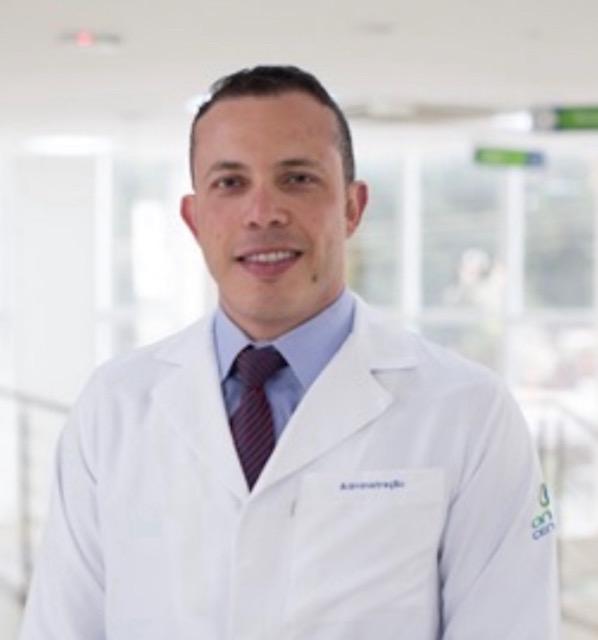
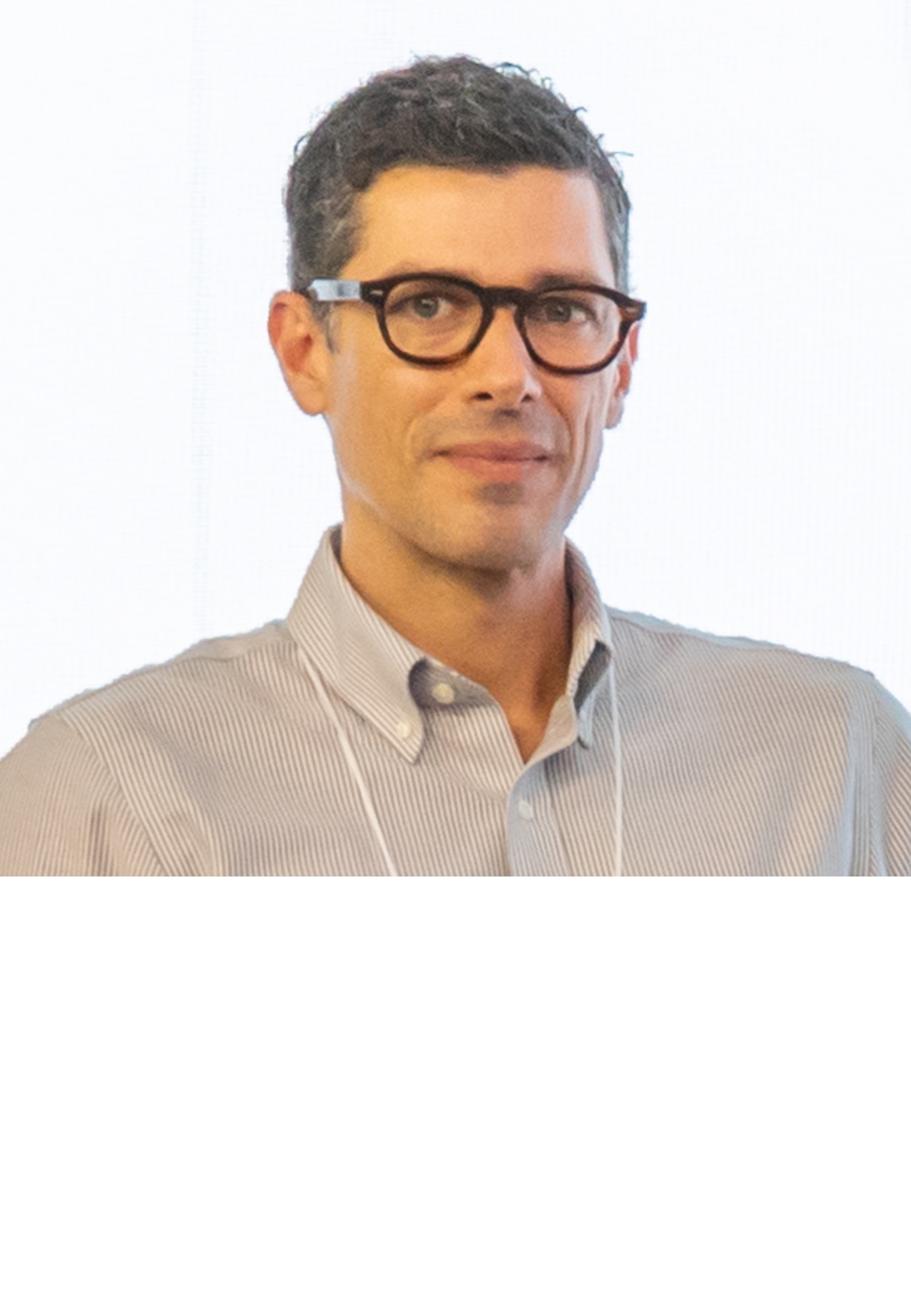
PhD in Medicine (Otorhinolaryngology) from the Federal University of São Paulo (UNIFESP).
Acess Lattes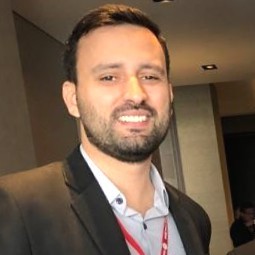
PhD in Pharmaceutical Sciences from the Federal University of Minas Gerais (UFMG).
Acess Lattes
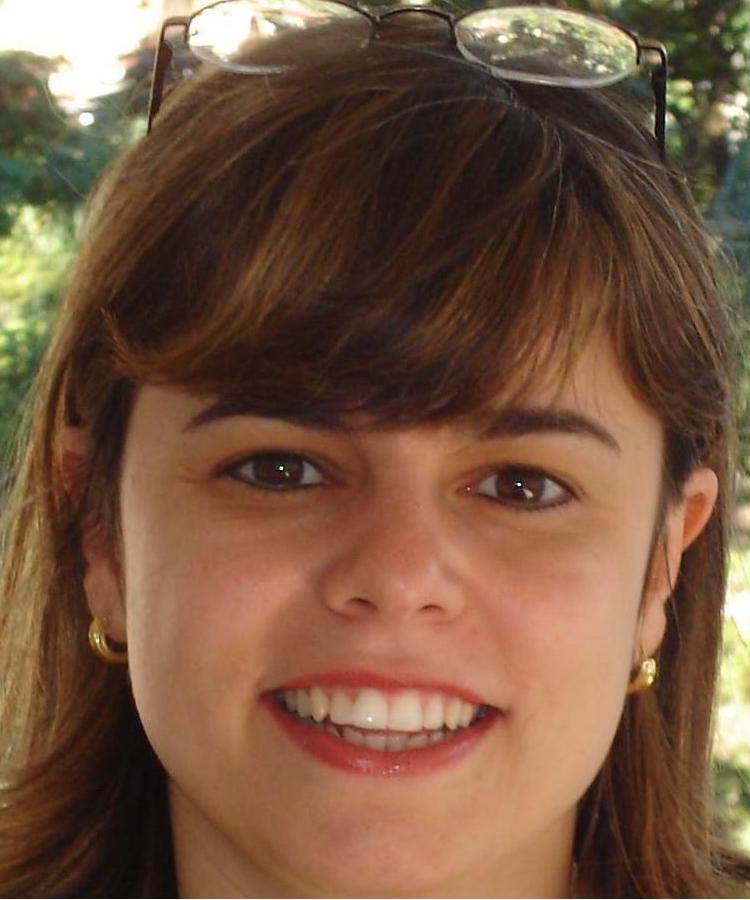
PhD in Biological Sciences (Molecular Biology) from the Federal University of São Paulo (UNIFESP).
Acess Lattes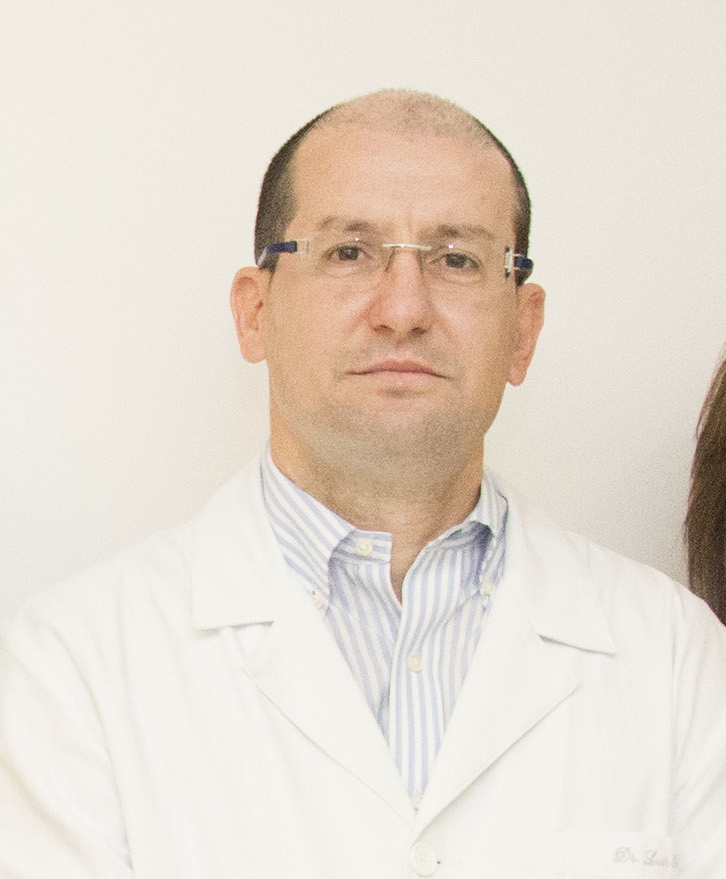
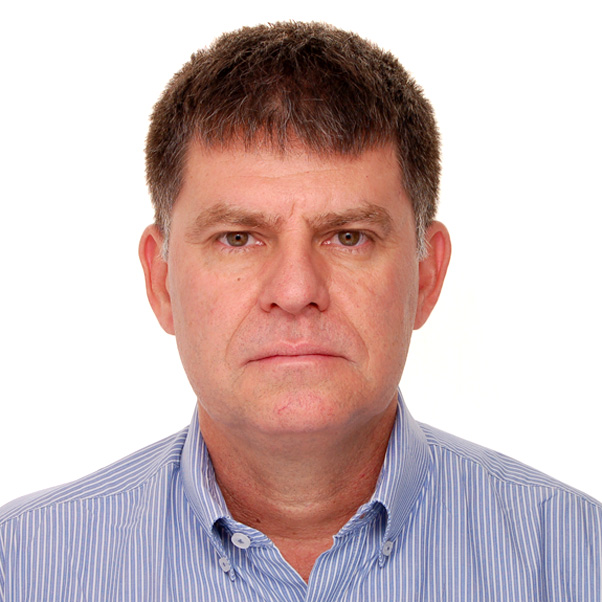
PhD in Health Sciences from the University of Brasília (UnB).
Acess Lattes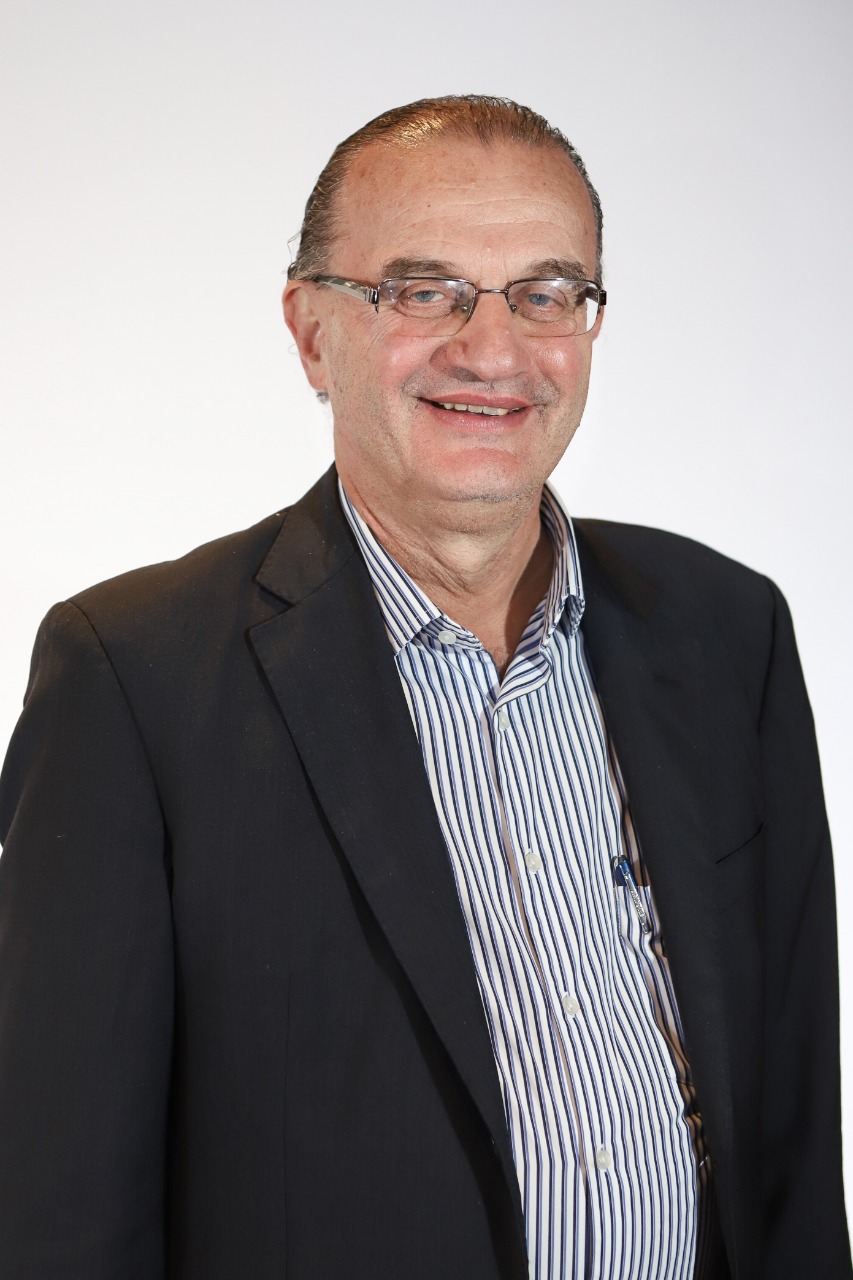
Doutor em Pesquisa em Cirurgia pela Faculdade de Ciências Médicas da Santa Casa de São Paulo (FCMSCSP).
Acess Lattes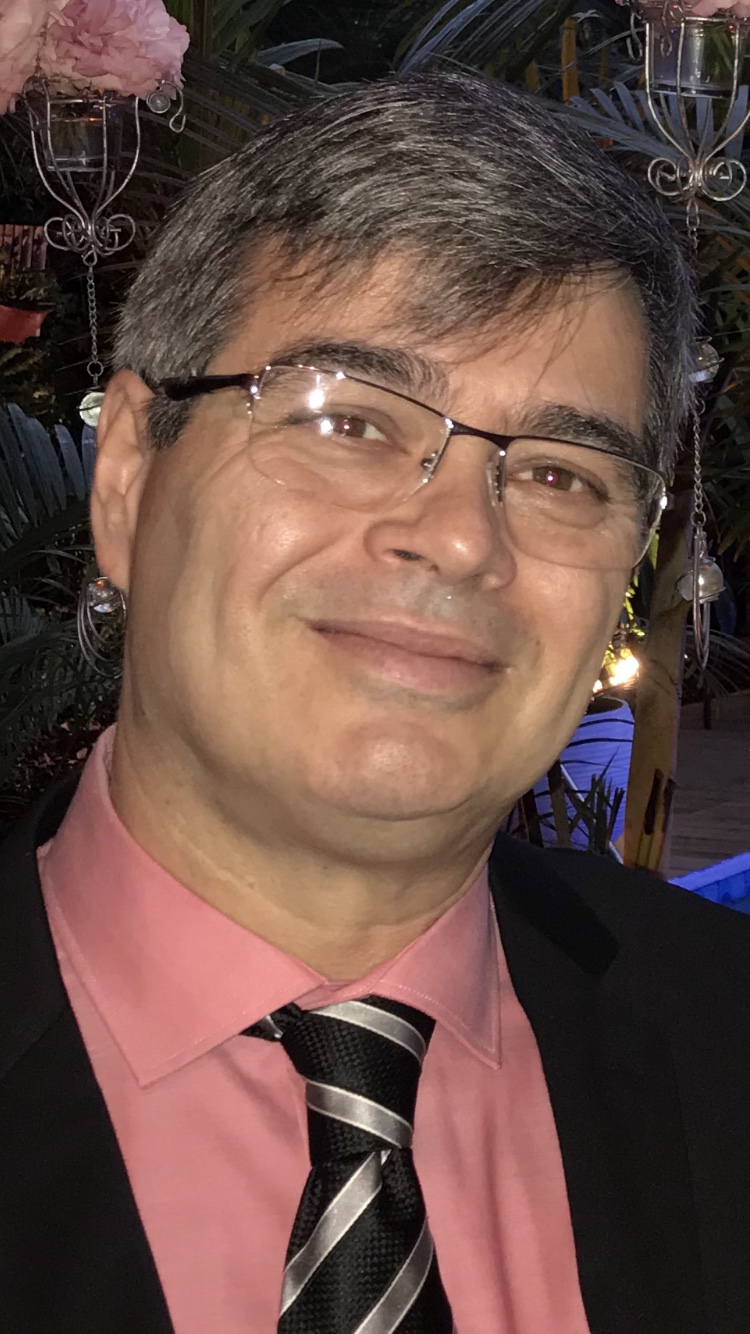

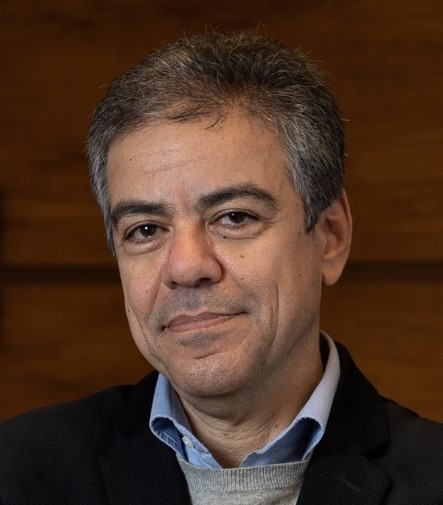

PhD in Neurology/Neurosciences from the Federal University of São Paulo (UNIFESP).
Acess LattesPhD in Pharmacology from the Federal University of São Paulo (UNIFESP).
Acess Lattes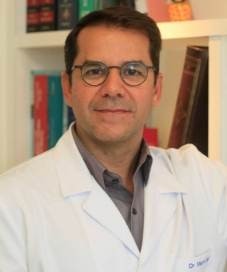
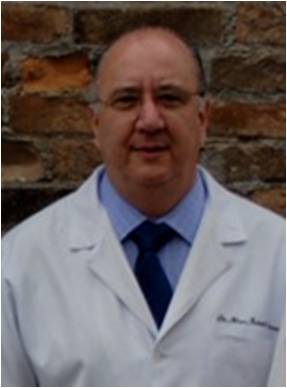
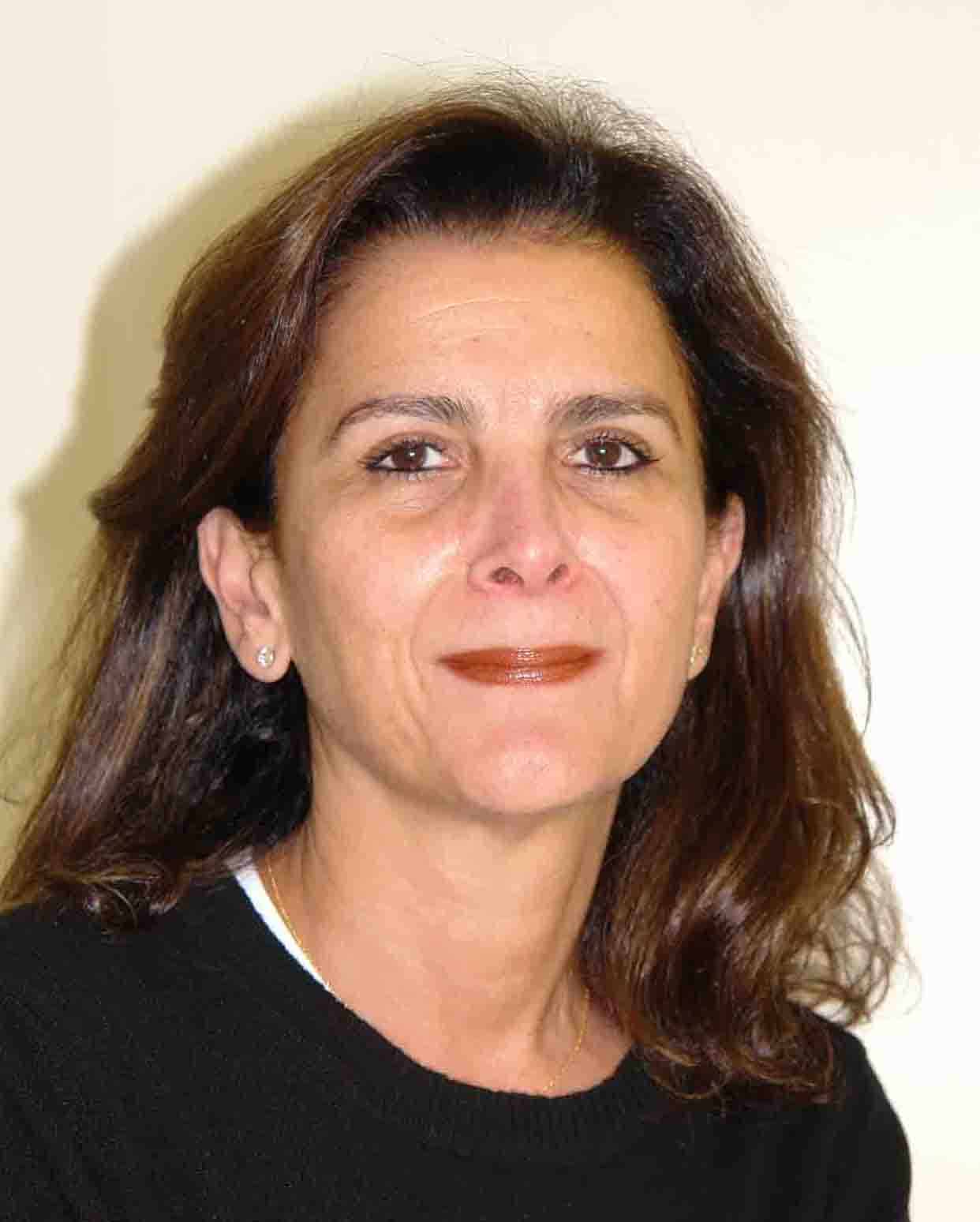
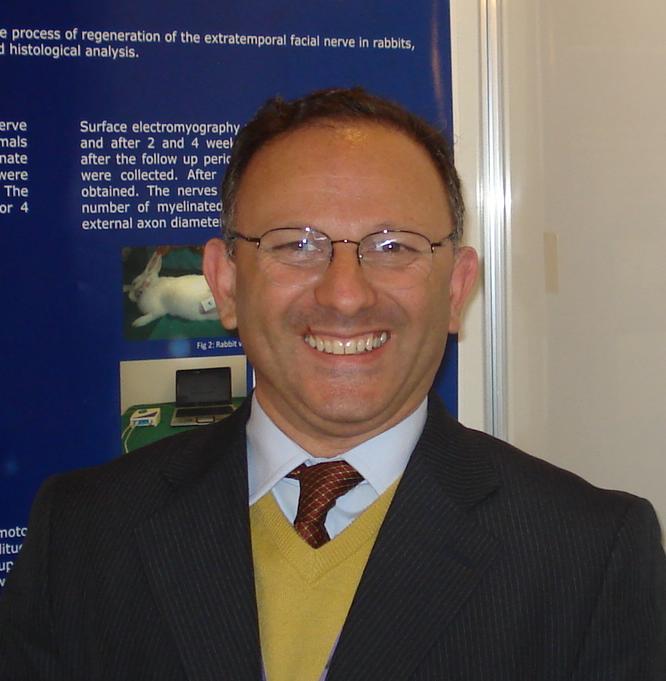
PhD in Otorhinolaryngology from the University of São Paulo (USP).
Acess Lattes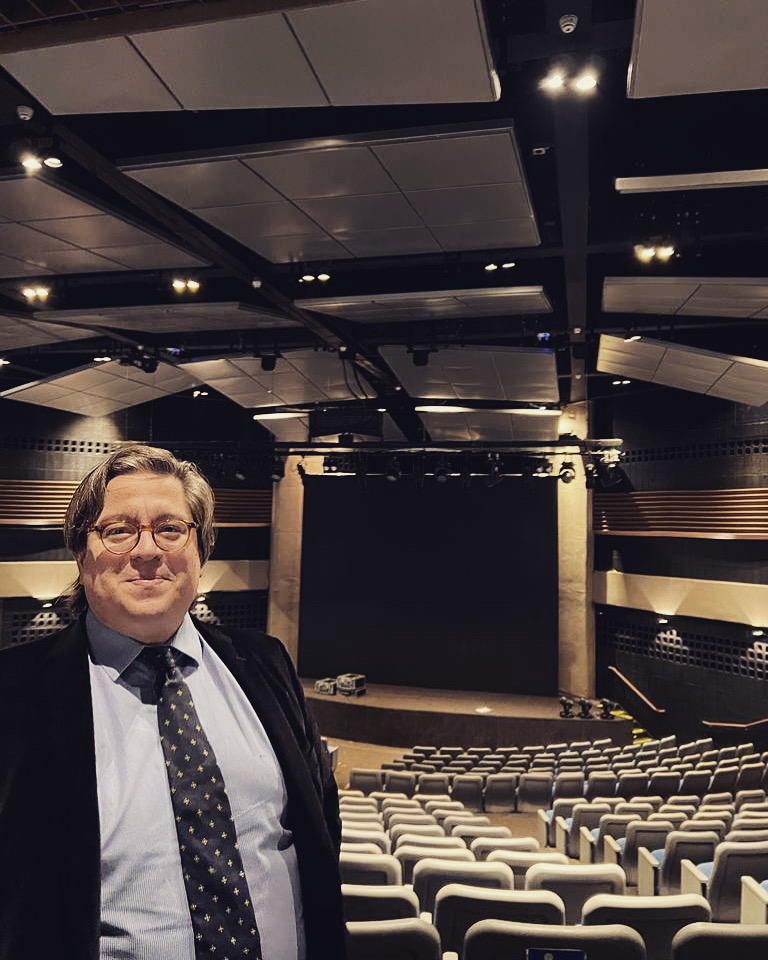
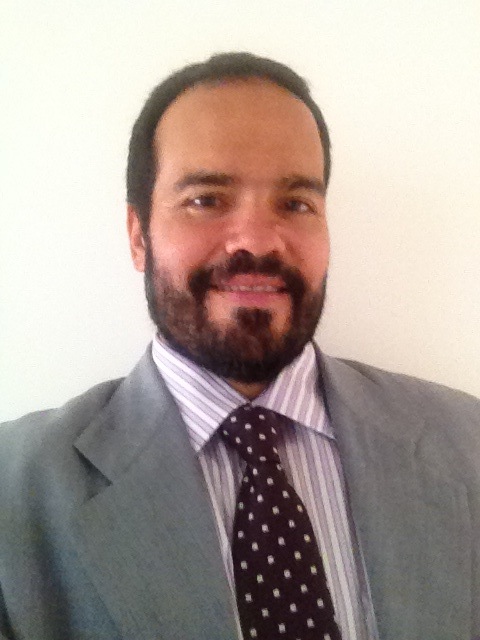
PhD in Medicine (Psychiatry) from the University of São Paulo (USP).
Acess LattesPhD in Medicine (Cardiology) from the University of São Paulo (USP).
Acess LattesPhD in Medicine (Mental Health) from the University of São Paulo (USP).
Acess Lattes
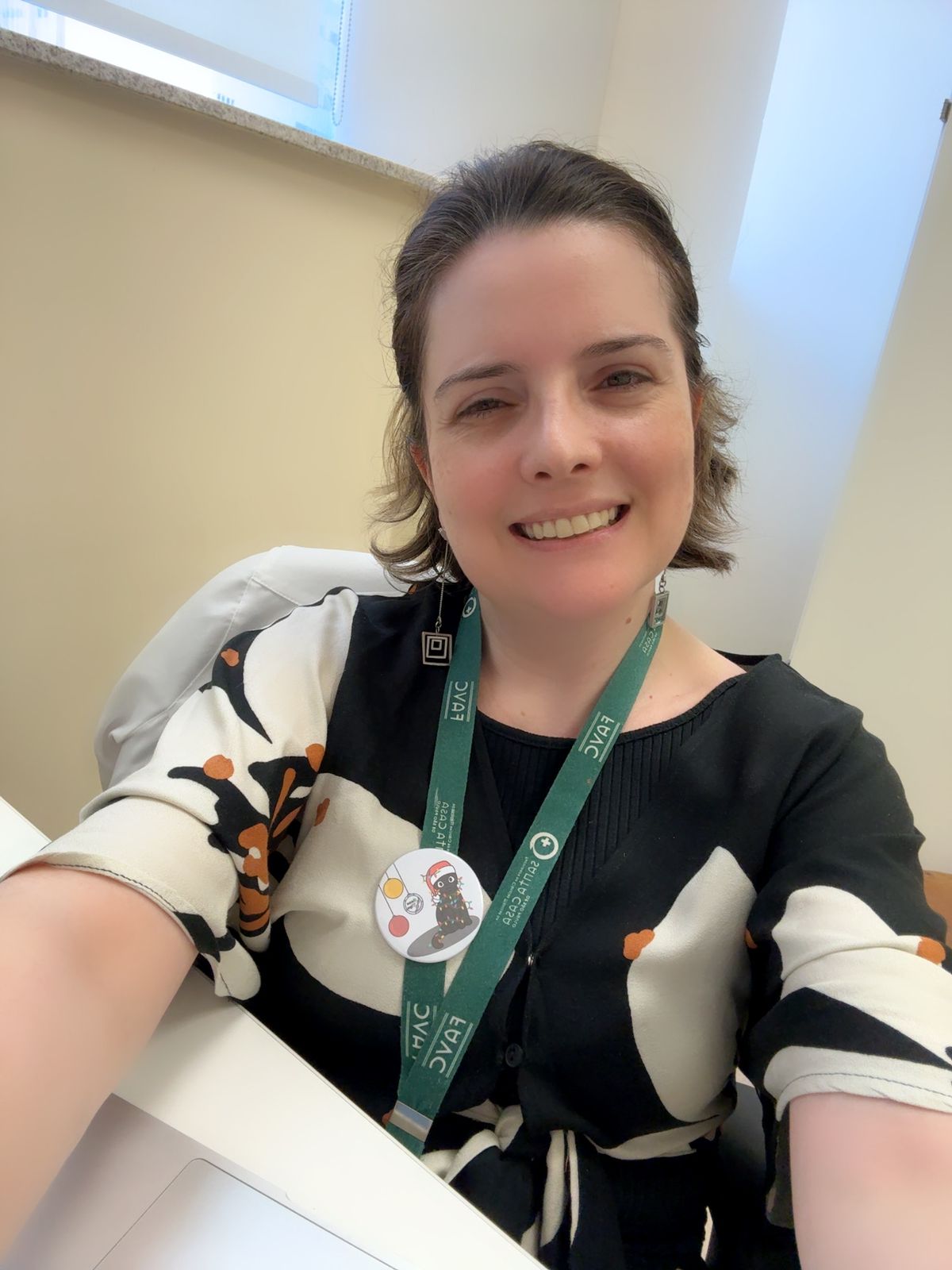
PhD in Biological Sciences (Molecular Biology) from the Federal University of São Paulo (UNIFESP).
Acess LattesPhD in Medicine (Cardiology) from the Federal University of São Paulo (UNIFESP).
Acess Lattes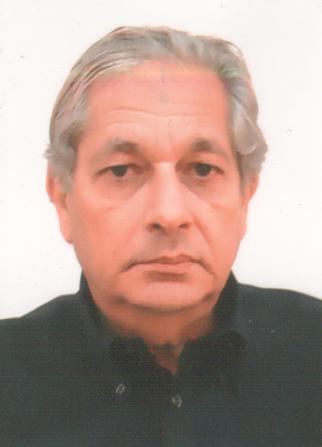
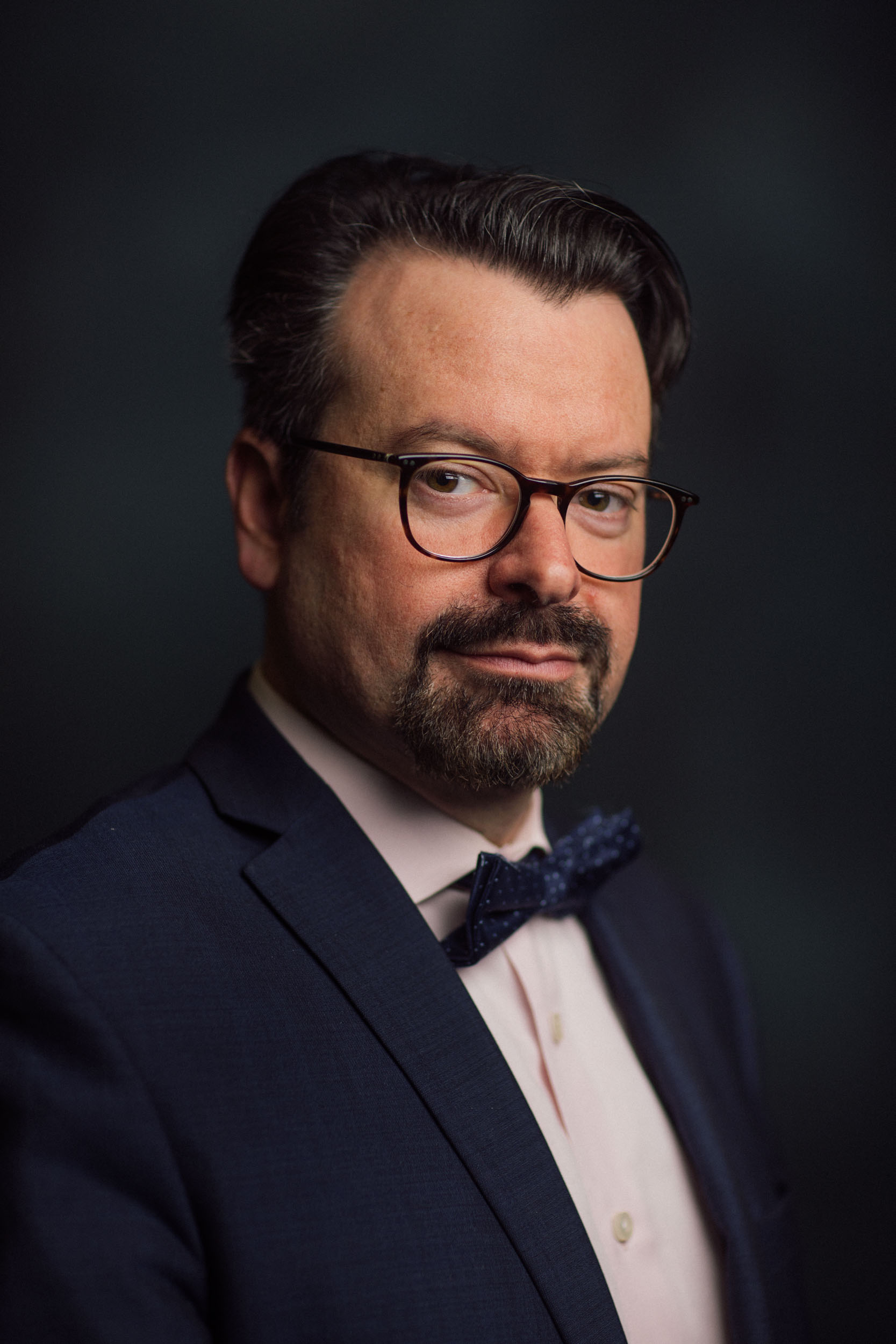
PhD in Medicine (Obstetrics and Gynecology) from the University of São Paulo (USP).
Acess LattesPhD in Developmental Disorders from the Mackenzie Presbyterian University (UPM).
Acess Lattes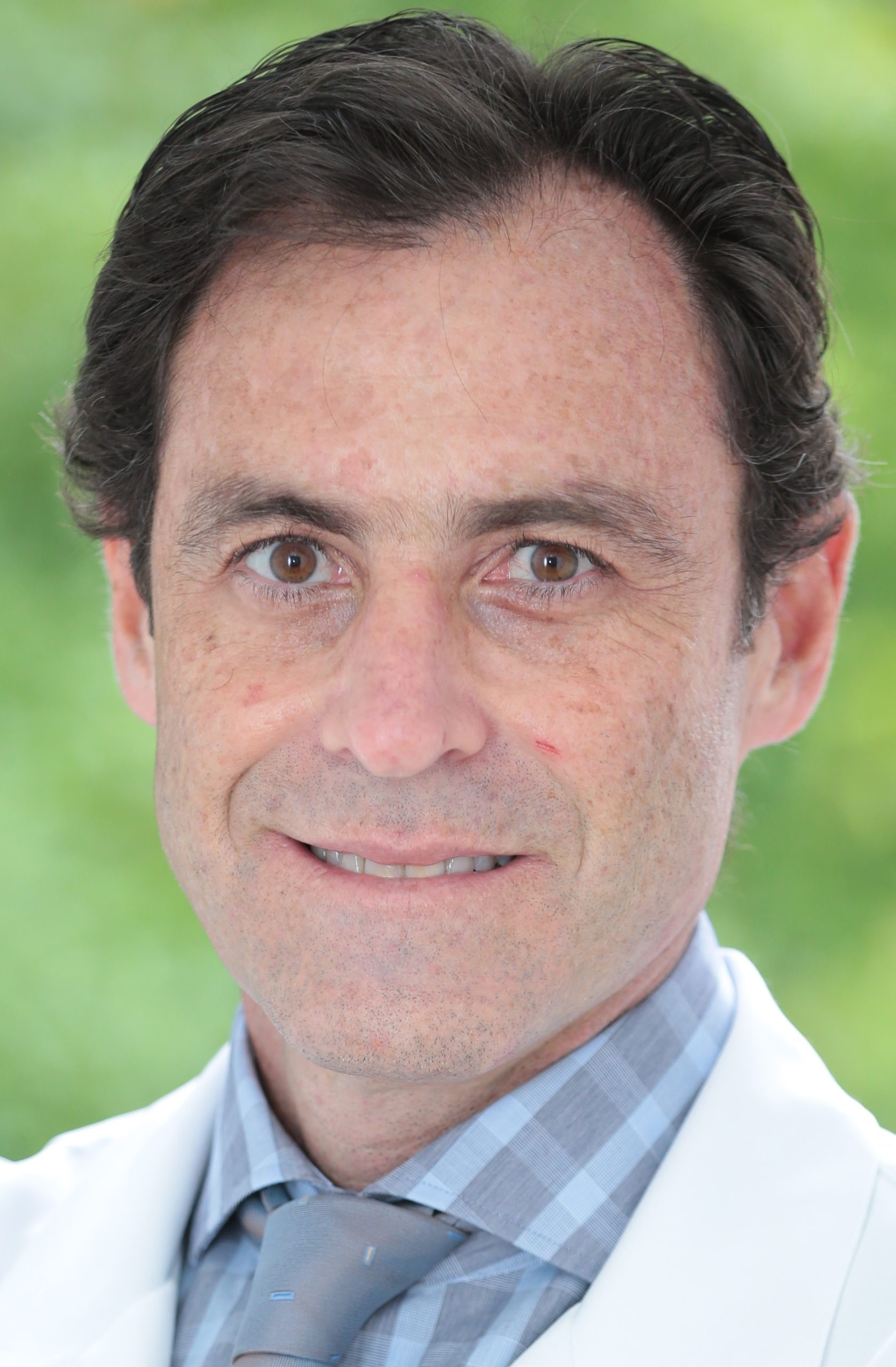
PhD in Medicine from the Pontifical Catholic University of São Paulo (PUC-SP).
Acess Lattes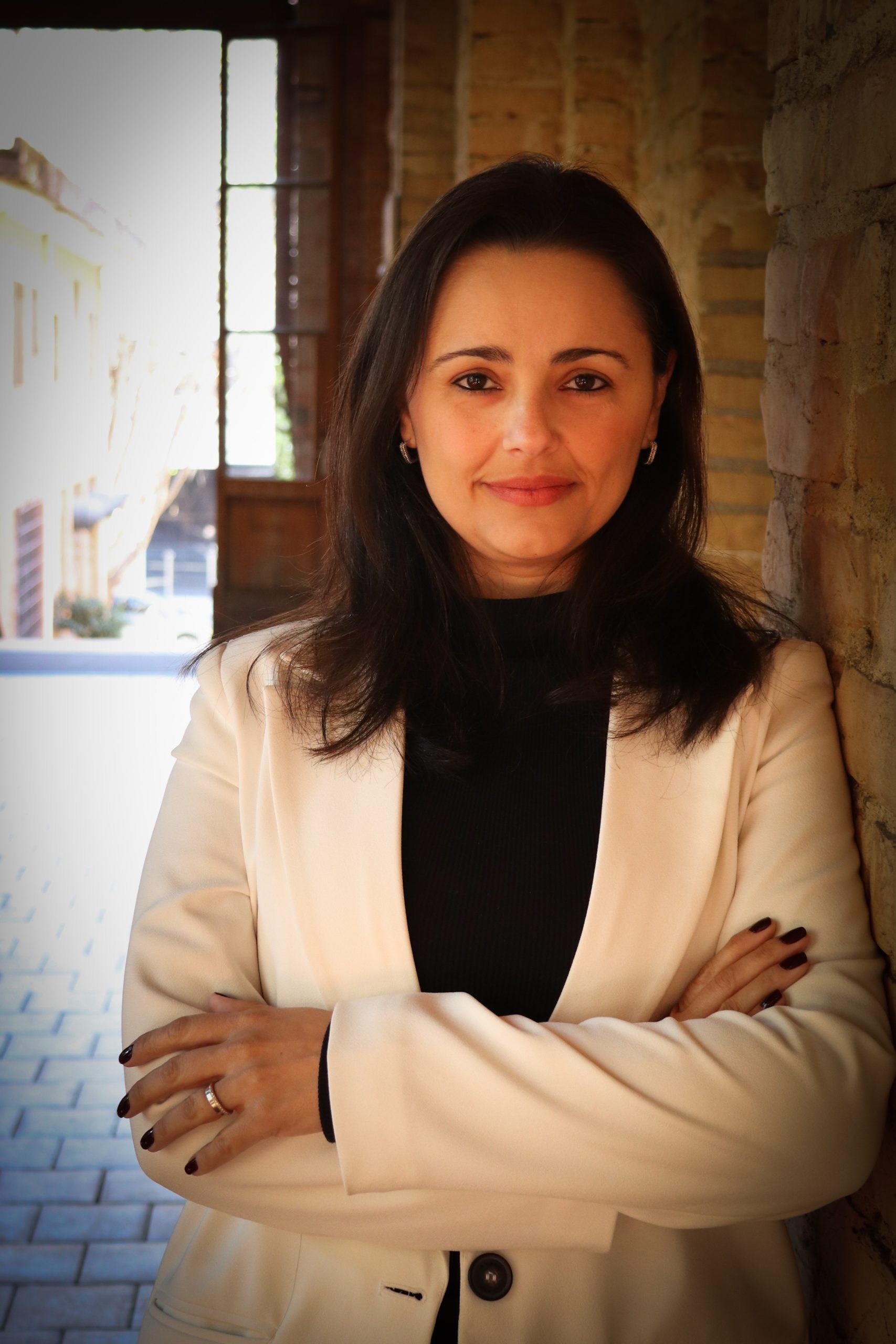
PhD in Developmental Disorders from the Mackenzie Presbyterian University (UPM), with a research internship at the University of Coimbra (Portugal).
Acess Lattes
PhD in Hematology from the School of Medicine, University of São Paulo (FMUSP).
Acess Lattes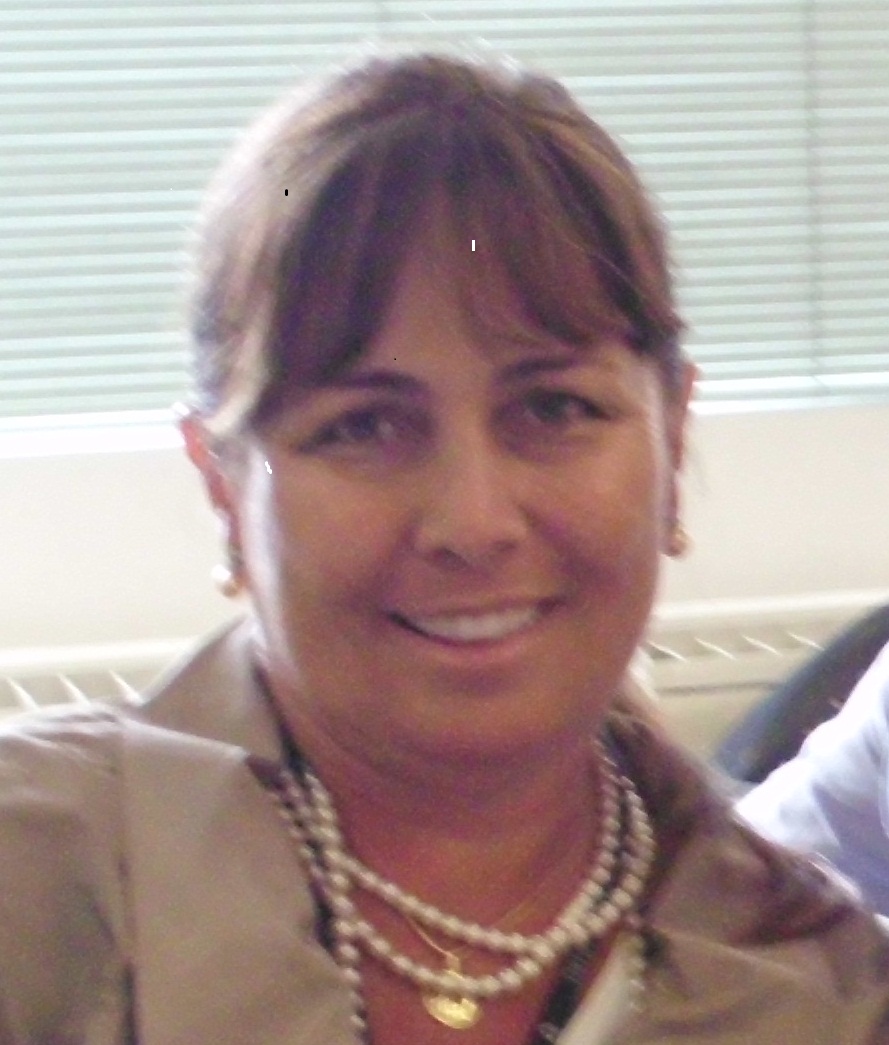
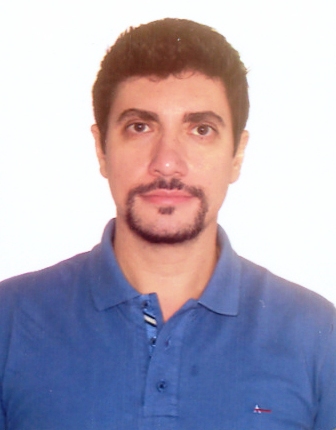
PhD in Biochemistry and Molecular Biology from the University of São Paulo (USP).
Acess Lattes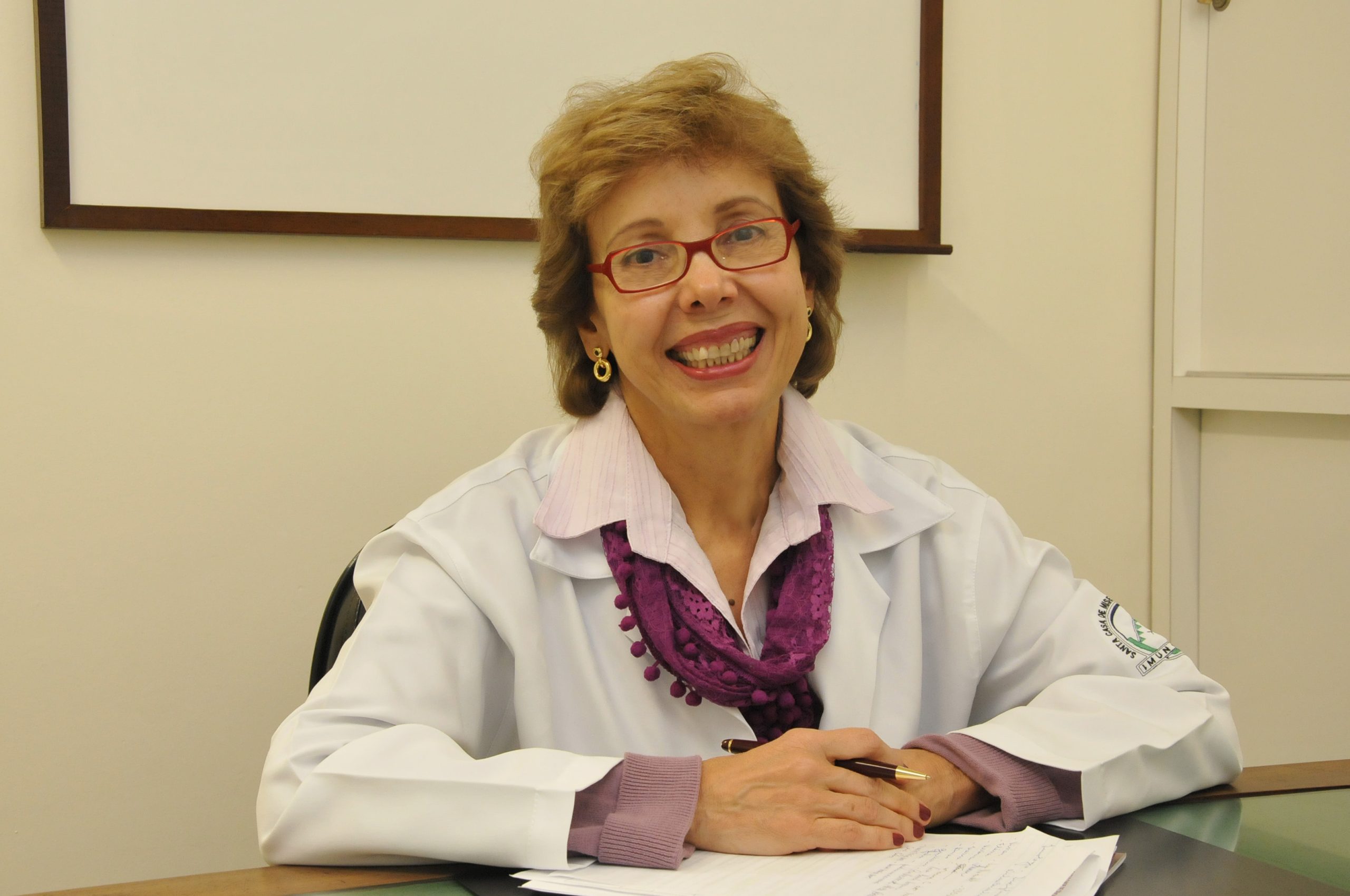
PhD in Medicine (Pediatrics) from the University of São Paulo (USP).
Acess Lattes
Lorem ipsum dolor, sit amet consectetur adipisicing elit. Itaque qui rem debitis dignissimos. Eos laborum dicta inventore, molestias impedit dolore.
05
Jun
Accusamus et iusto odio dignissimos ducimus qui blanditiis praesentium voluptatum deleniti atque corrupti et quas molestias excepturi.
 05/06/2025 - 14:00 hs
05/06/2025 - 14:00 hs
 Rua Dona Veridiana, 55 - São Paulo / SP
Rua Dona Veridiana, 55 - São Paulo / SP
23
Oct
Odio dignissimos ducimus qui blanditiis praesentium voluptatum deleniti atque corrupti et quas molestias excepturi.
 23/10/2025 - 17:00 hs
23/10/2025 - 17:00 hs
 Rua Dr. Cesário Motta Jr., 61 - São Paulo / SP
Rua Dr. Cesário Motta Jr., 61 - São Paulo / SP
10
Dec
Lorem odio dignissimos sed domus ducimus qui blanditiis praesentium voluptatum deleniti atque corrupti et quas molestias excepturi.
 10/12/2025 - 11:30 hs
10/12/2025 - 11:30 hs
 Rua Jaguaribe, 155 - São Paulo / SP
Rua Jaguaribe, 155 - São Paulo / SP
Lorem ipsum ed ut perspiciatis unde omnis iste natus error sit voluptatem accusantium doloremque laudantium, totam rem aperiam, eaque ipsa quae ab illo inventore veritatis et quasi architecto beatae vitae dicta sunt explicabo.
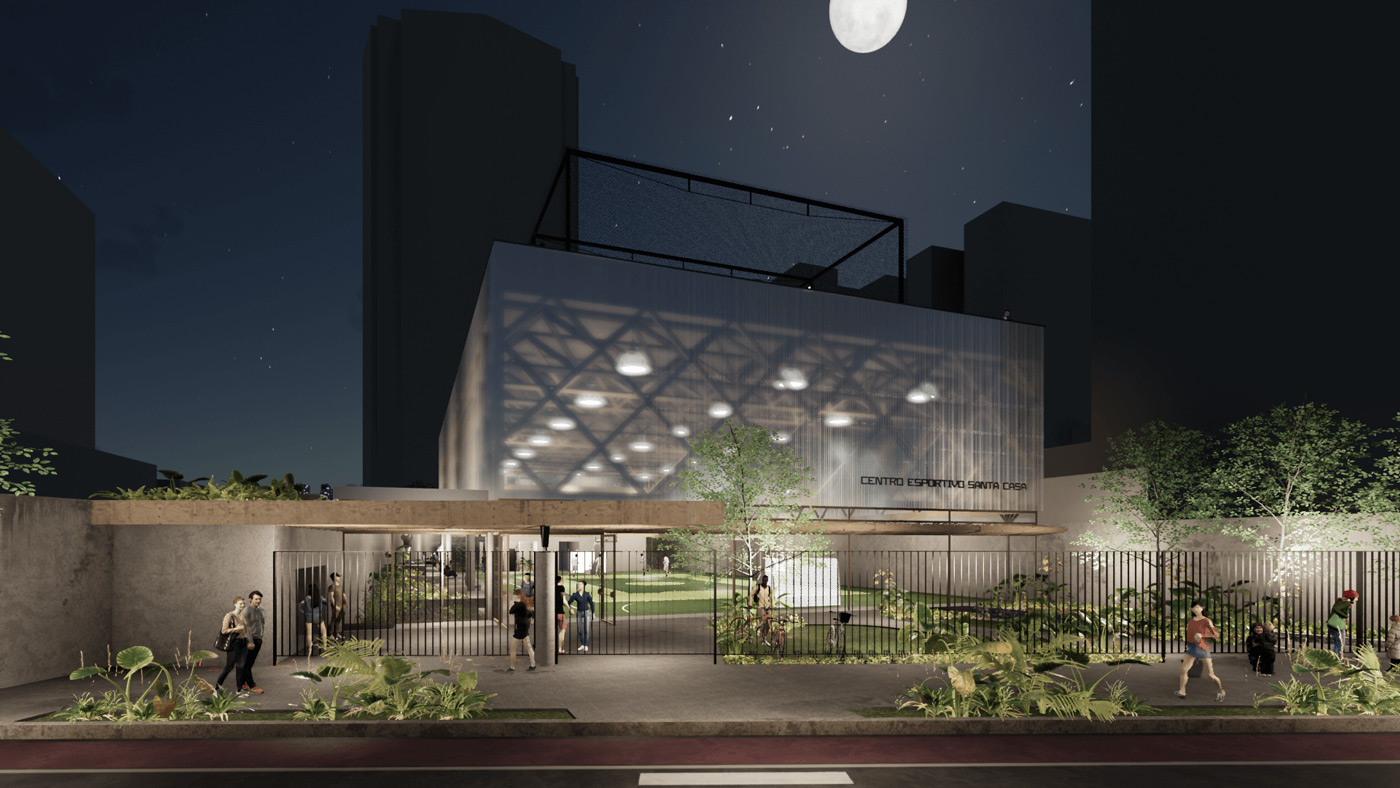
And pain can procure him some great pleasure. To take a trivial example, which of us ever undertakes laborious physical exercise.
Read more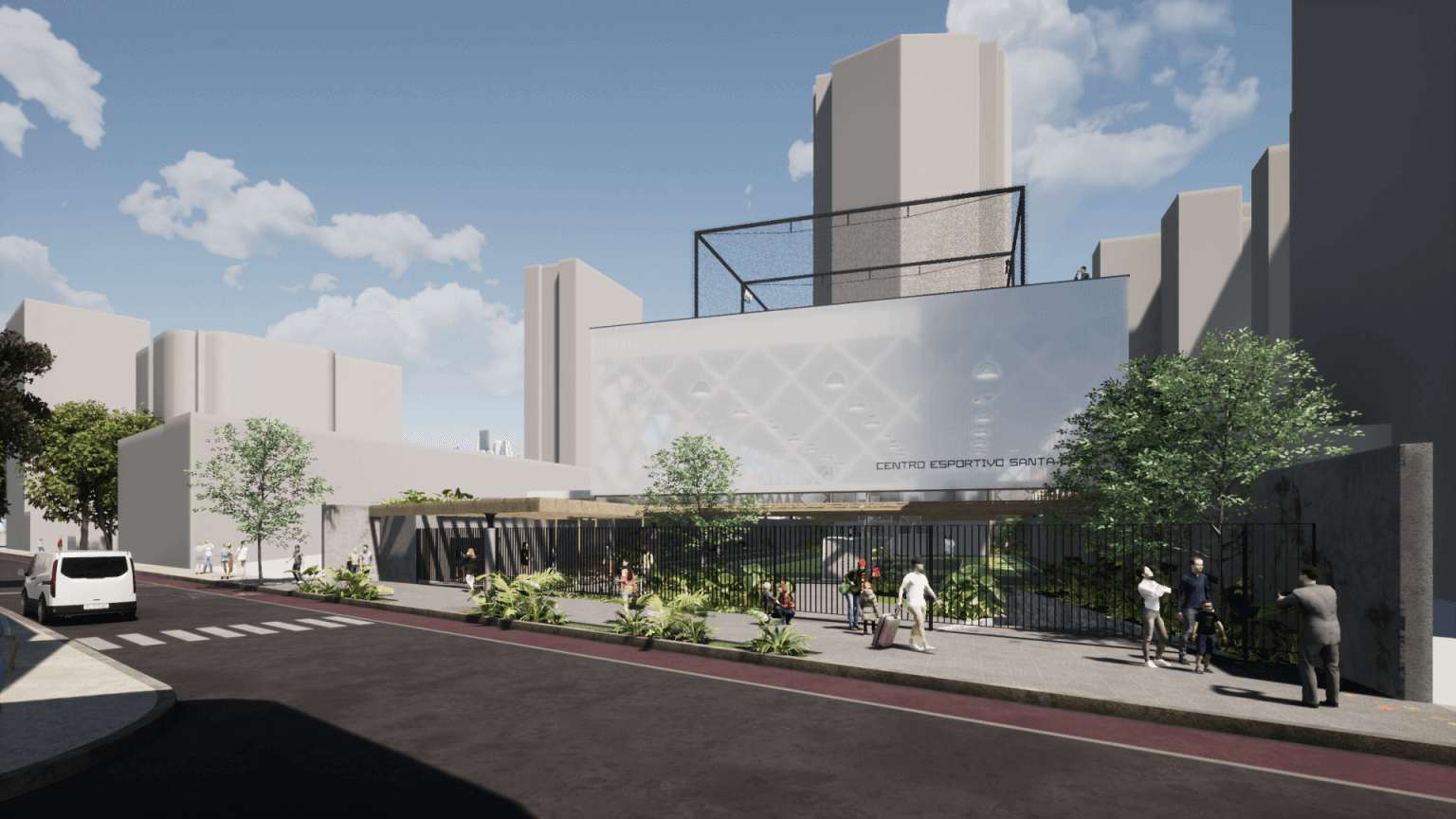
But I must explain to you how all this mistaken idea of denouncing pleasure and praising pain was born and I will give you a complete account of the system
Read more
Qui in ea voluptate velit esse quam nihil molestiae consequatur, vel illum qui dolorem eum fugiat quo voluptas nulla pariatur.
Read more
Omnis iste natus error sit voluptatem accusantium doloremque laudantium, totam rem aperiam, eaque ipsa quae ab illo inventore.
Read more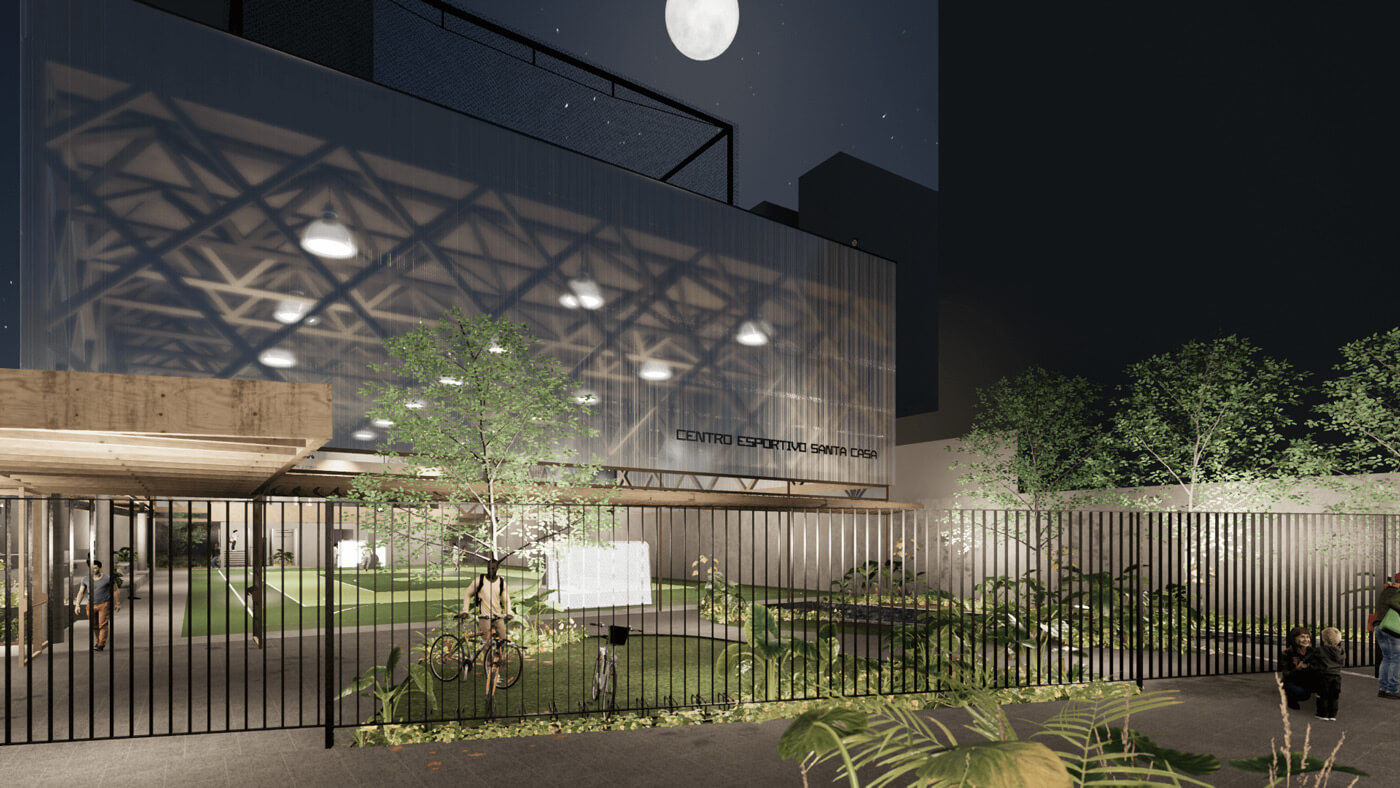
Quis autem vel eum iure reprehenderit qui in ea voluptate velit esse quam nihil molestiae consequatur, vel illum qui dolorem eum fugiat quo voluptas nulla pariatur.
Read moreCheck out the latest news on Stricto Sensu Graduate Programs here.

Sed ut perspiciatis unde omnis iste natus error sit voluptatem accusantium doloremque laudantium, totam rem aperiam, eaque ipsa quae ab illo inventore veritatis et quasi architecto beatae vitae dicta sunt explicabo.
May
11
This text below as a natural is a wider card with supporting text below as a natural lead-in to content is a little bit longer.
 11/05/2025 - 15:00 hs
11/05/2025 - 15:00 hs
 Rua Dr. Cesário Mota Júnior, 61 - 10º Andar - Sala 103
Rua Dr. Cesário Mota Júnior, 61 - 10º Andar - Sala 103
Jun
05
Below as a natural is a wider card with supporting text below as a natural lead-in to content is a little.
 05/06/2025 - 16:30 hs
05/06/2025 - 16:30 hs
 Rua Dona Veridiana, 55 - São Paulo / SP
Rua Dona Veridiana, 55 - São Paulo / SP
Nov
29
As a natural is a wider card with supporting text below as a natural lead-in to content is a little.
 29/11/2025 - 12:00 hs
29/11/2025 - 12:00 hs
 Rua Jaguaribe, 155 - São Paulo / SP
Rua Jaguaribe, 155 - São Paulo / SP
Emails: pos.stricto@fcmsantacasasp.com.br
Phone number: + 55 (11) 3367-7858
Adress:
Rua: Dr. Cesário Mota Jr. 61
São Paulo / SP – Brazil
Zipcode: 01221-020
This work was carried out with the Coordination for the Improvement of Higher Education Personnel – Brazil (CAPES) – Financing Code 001.
